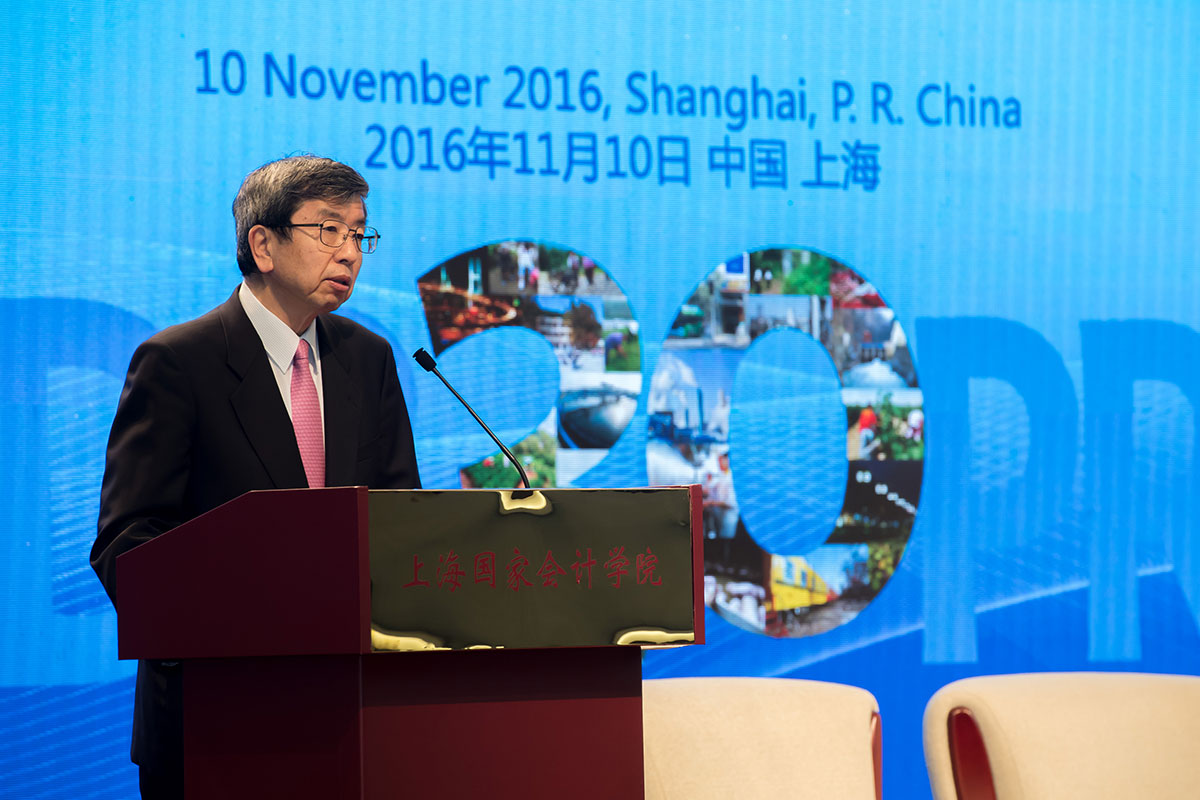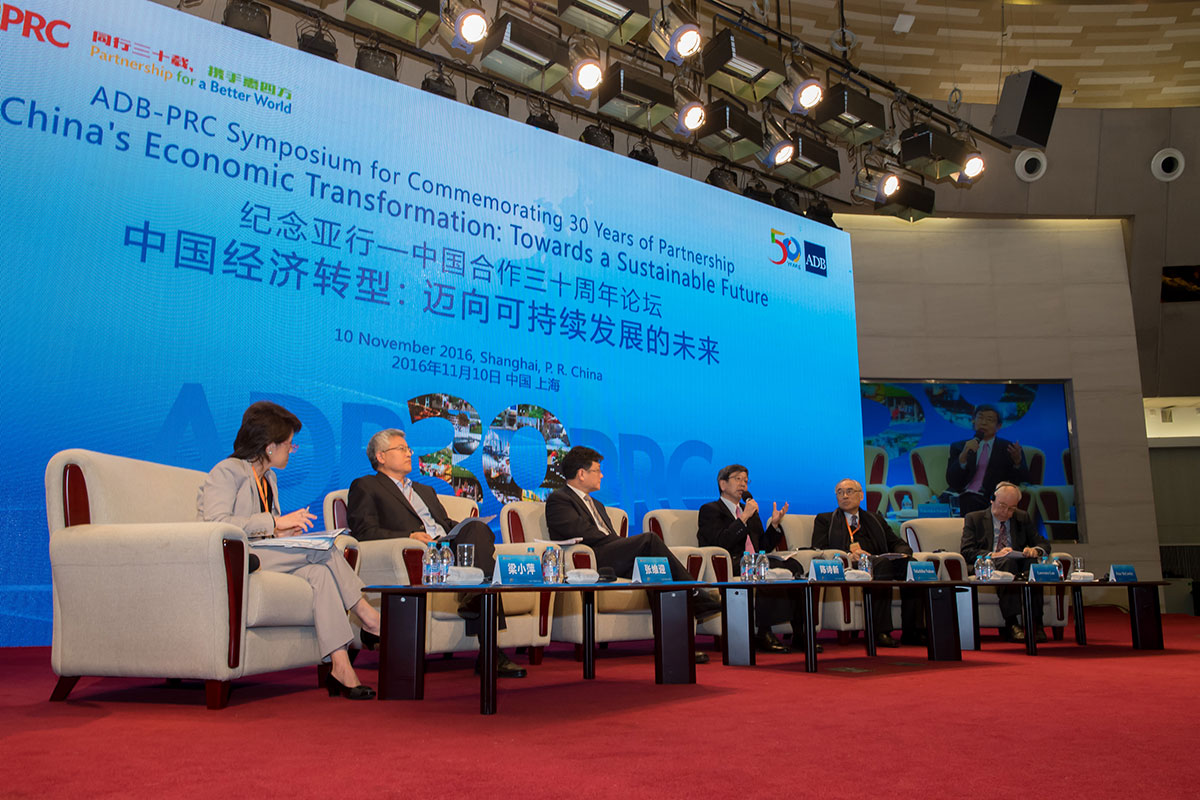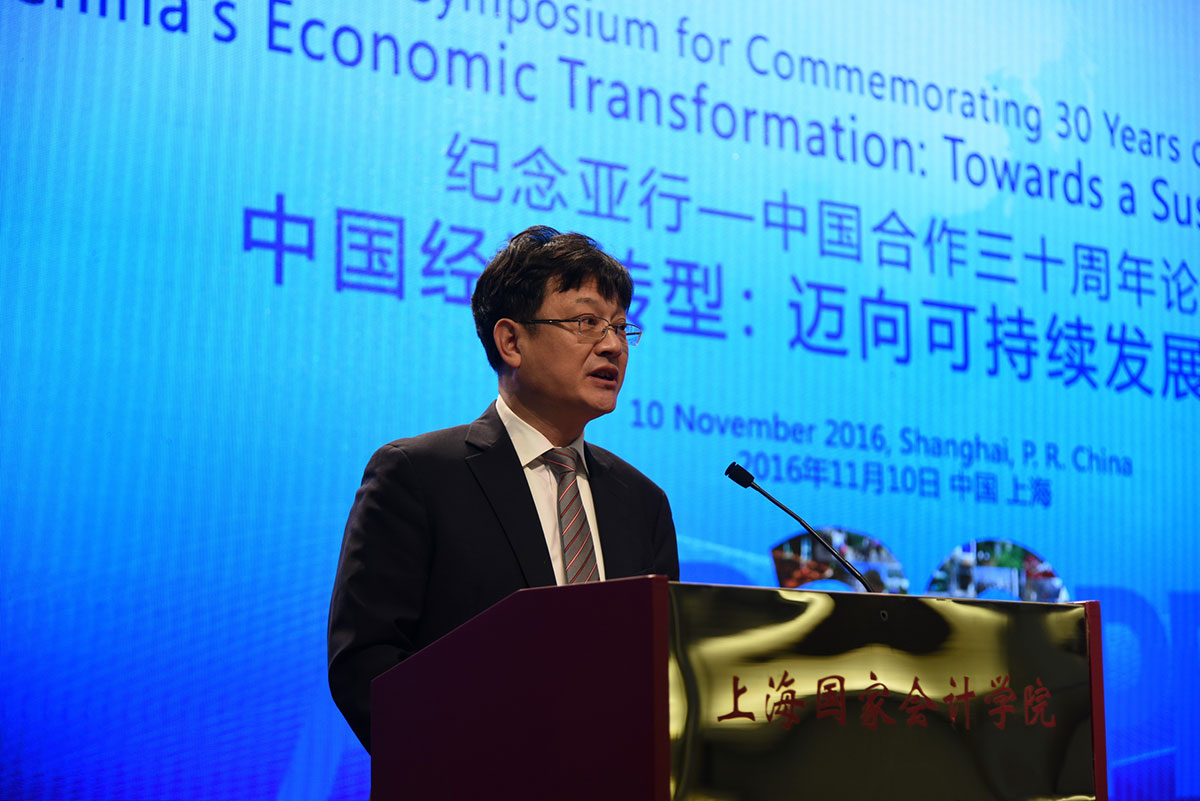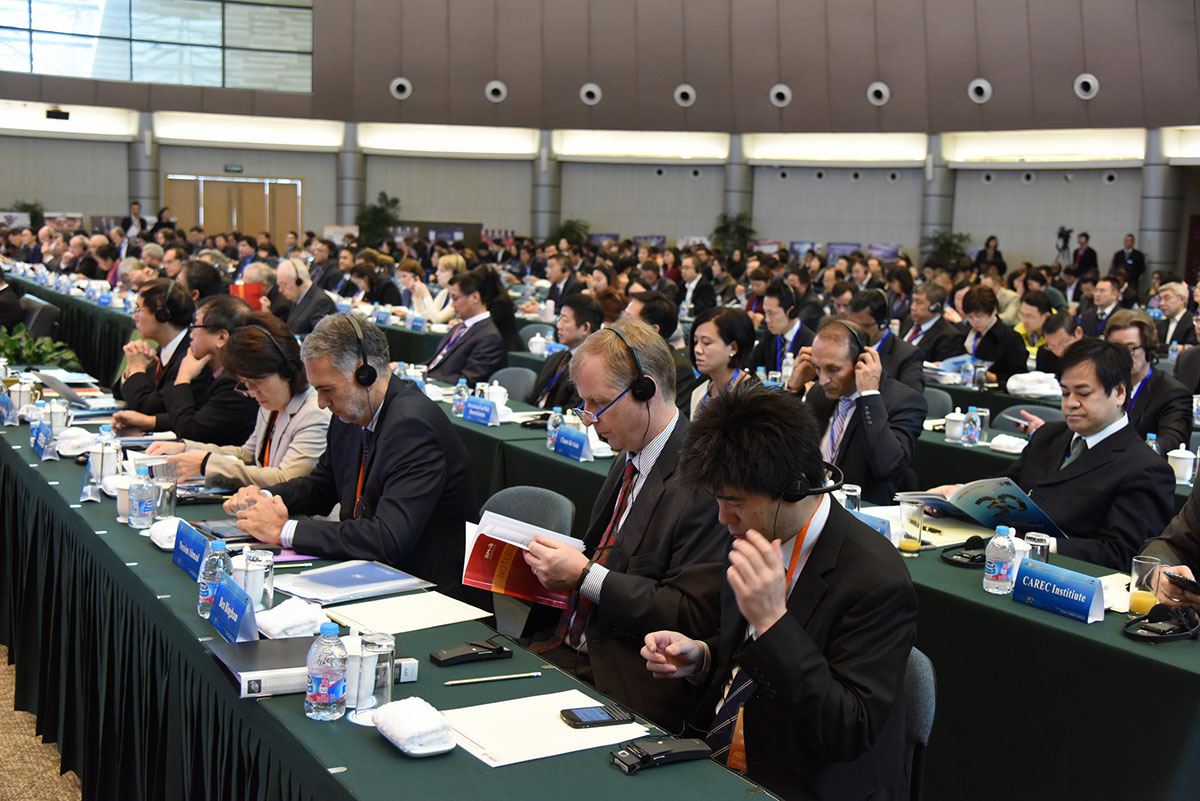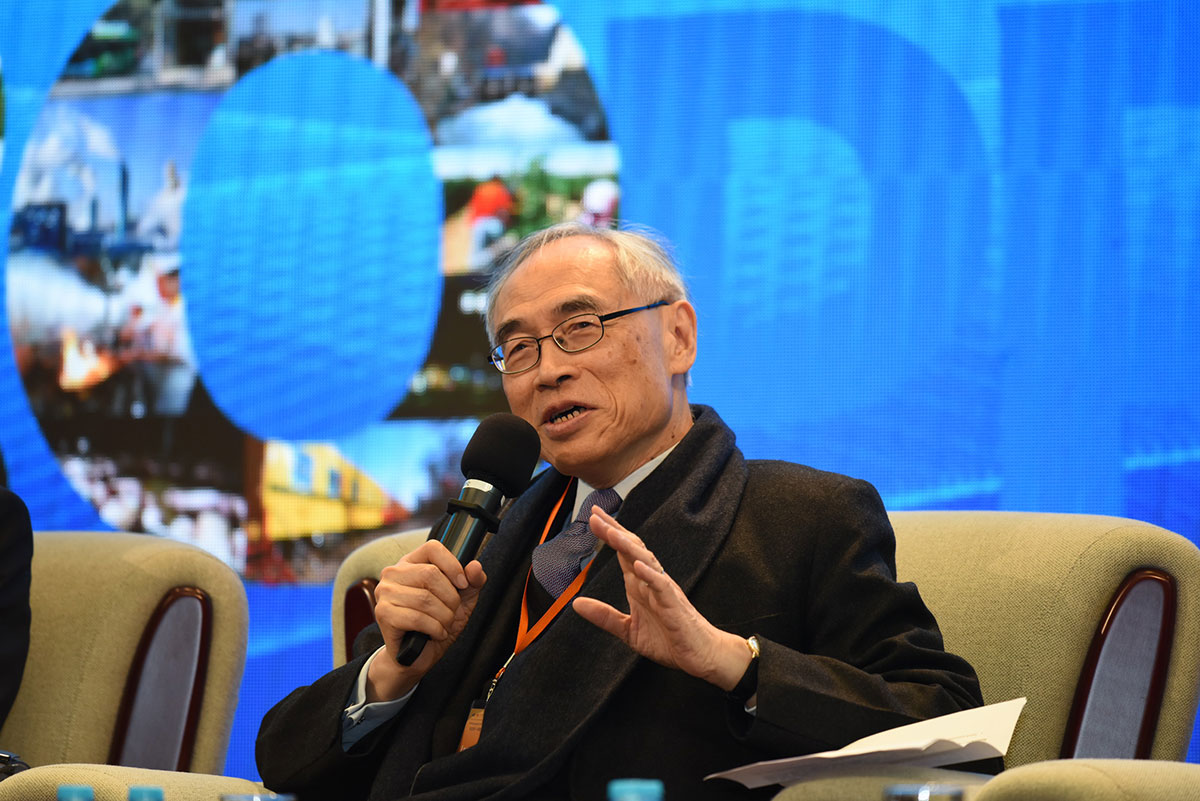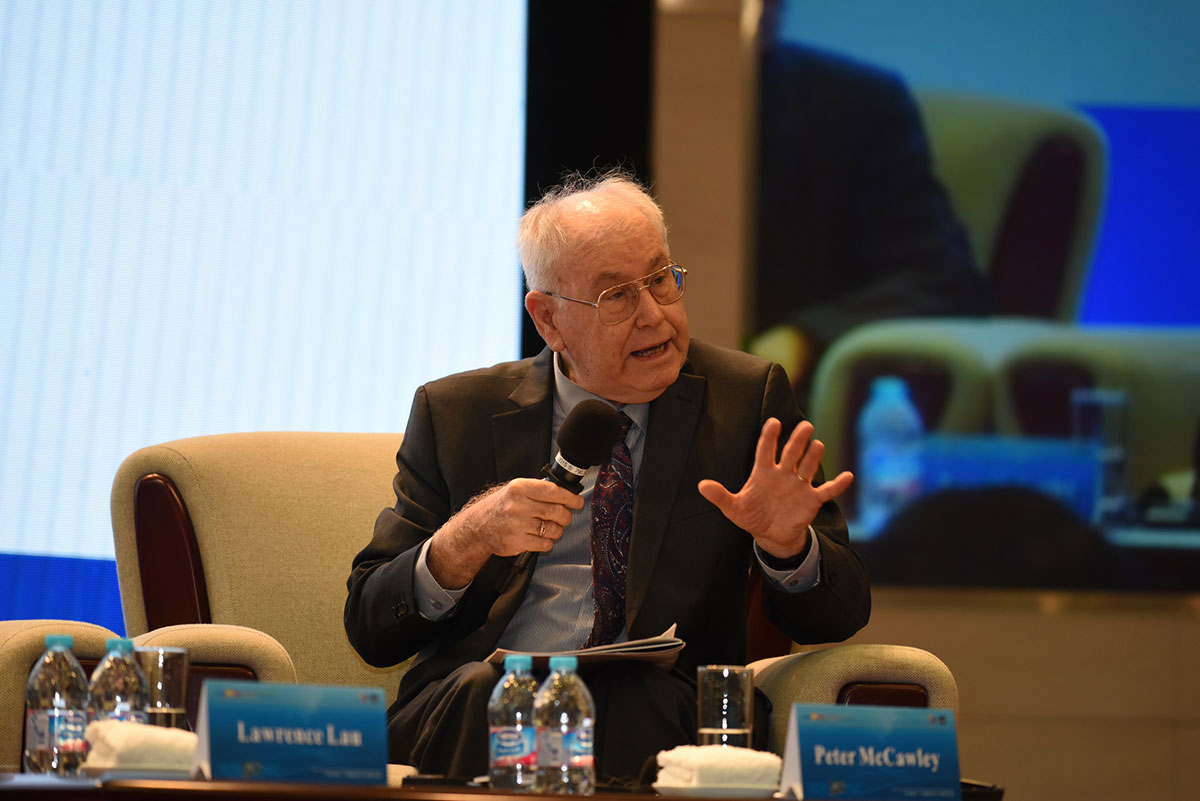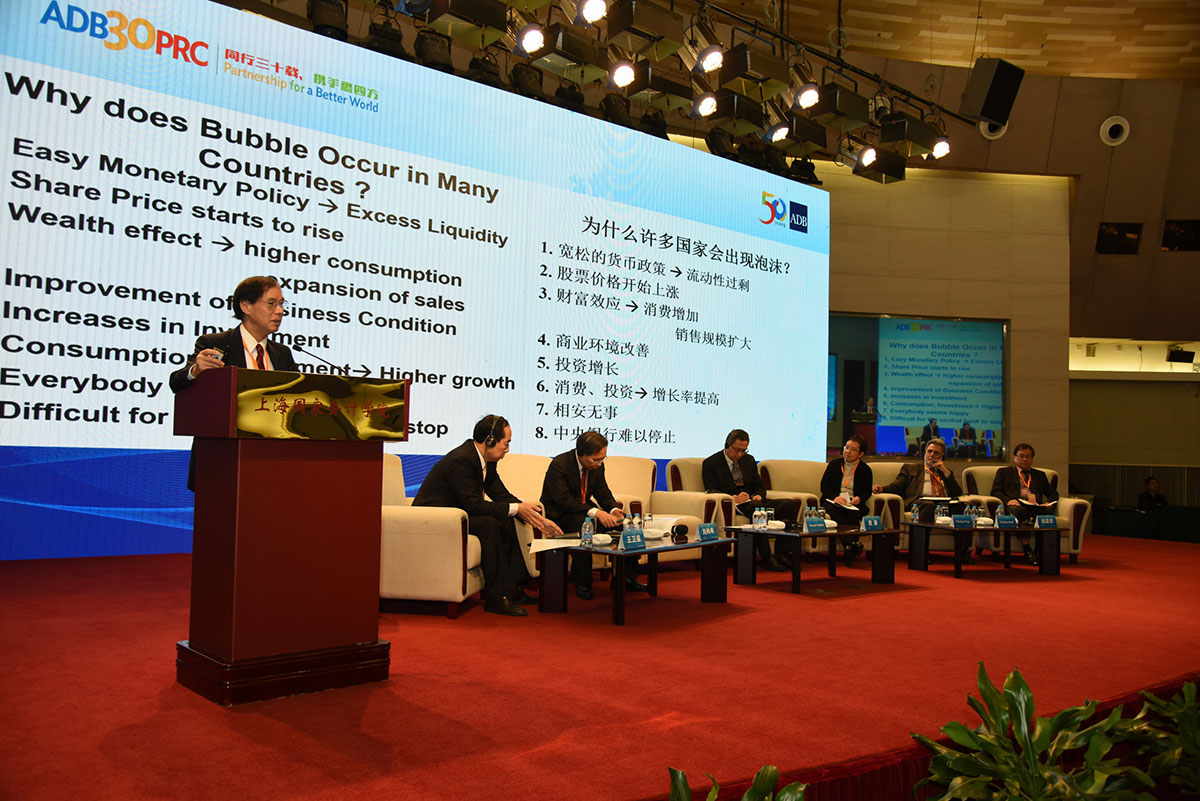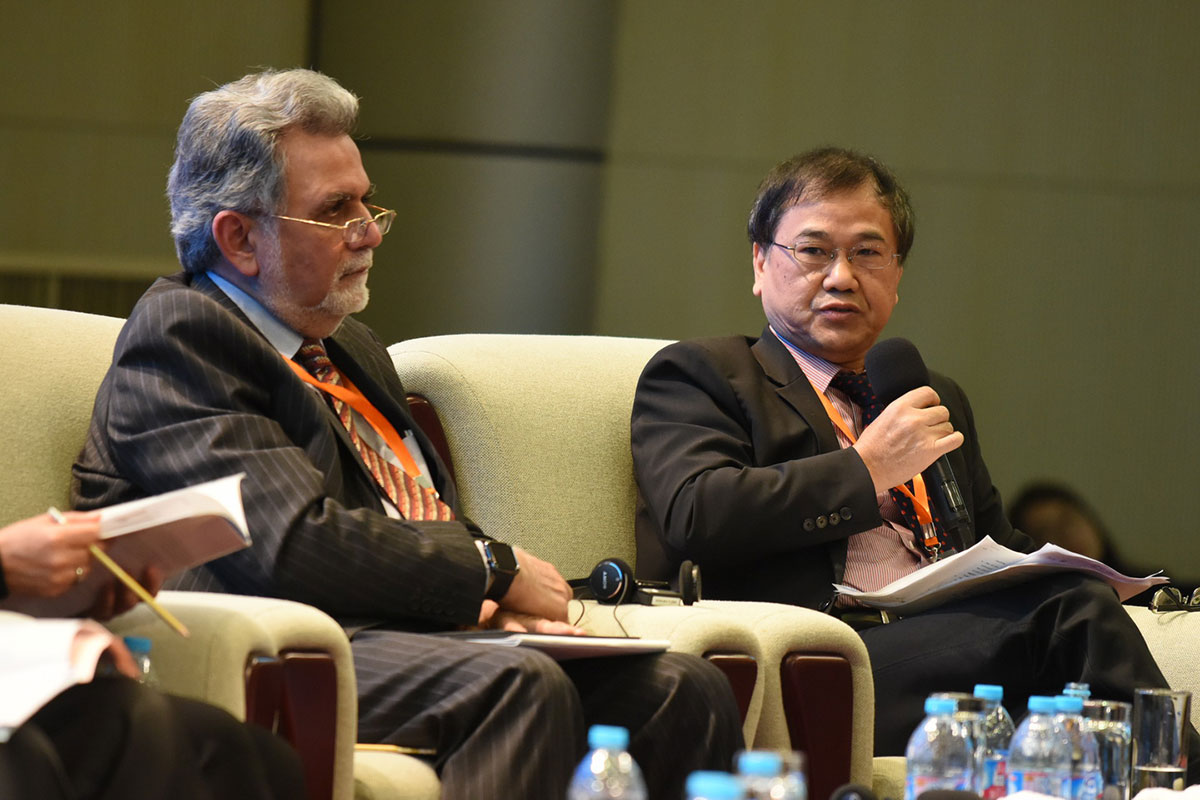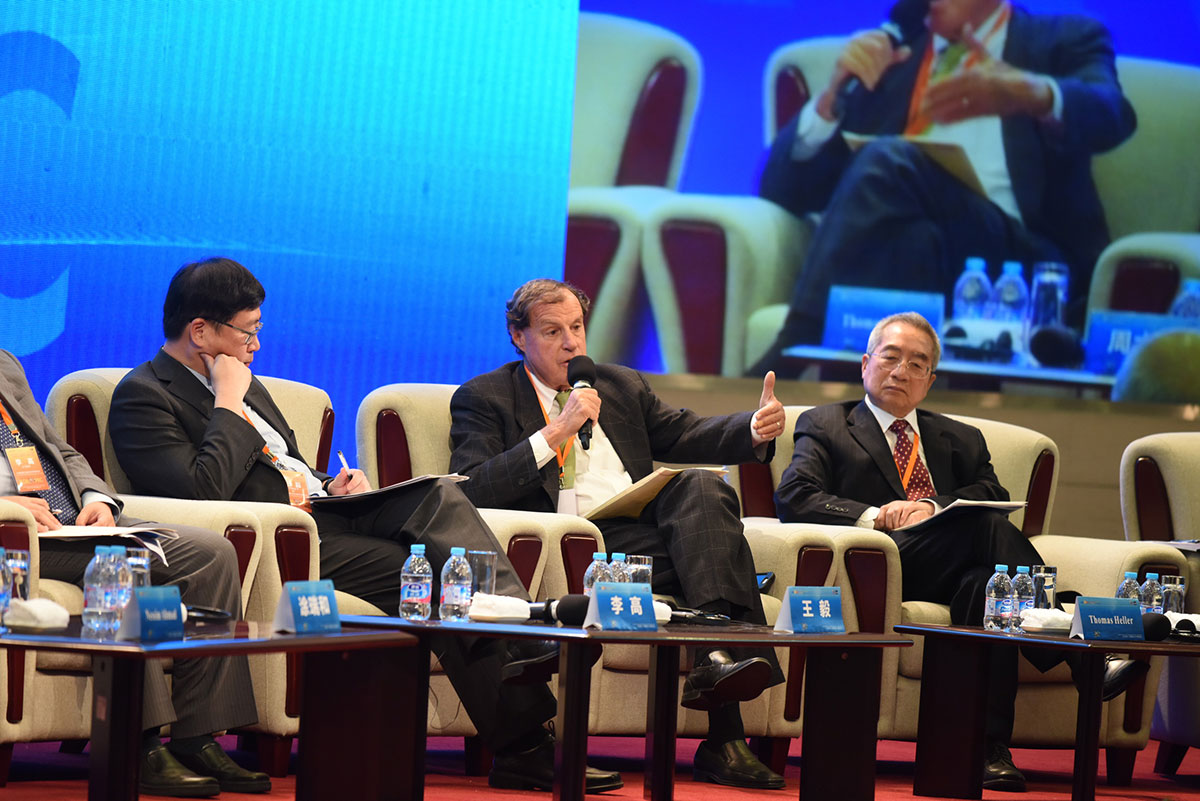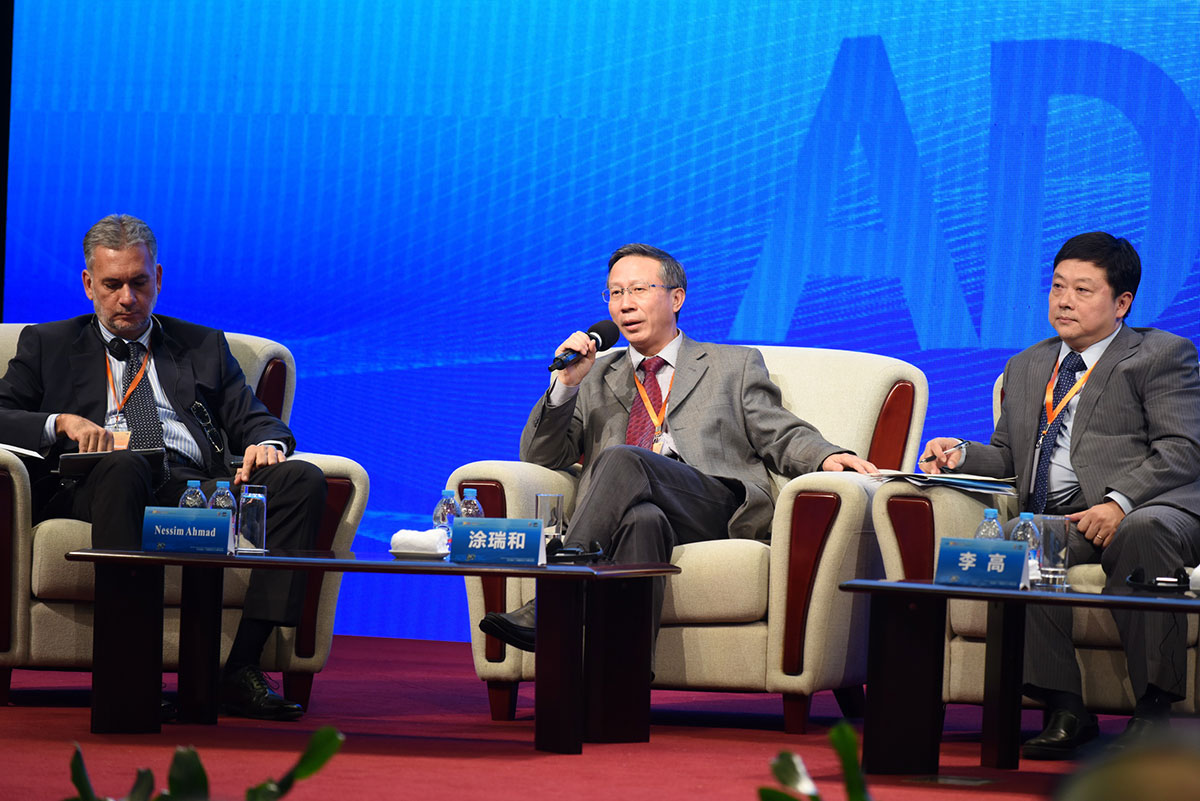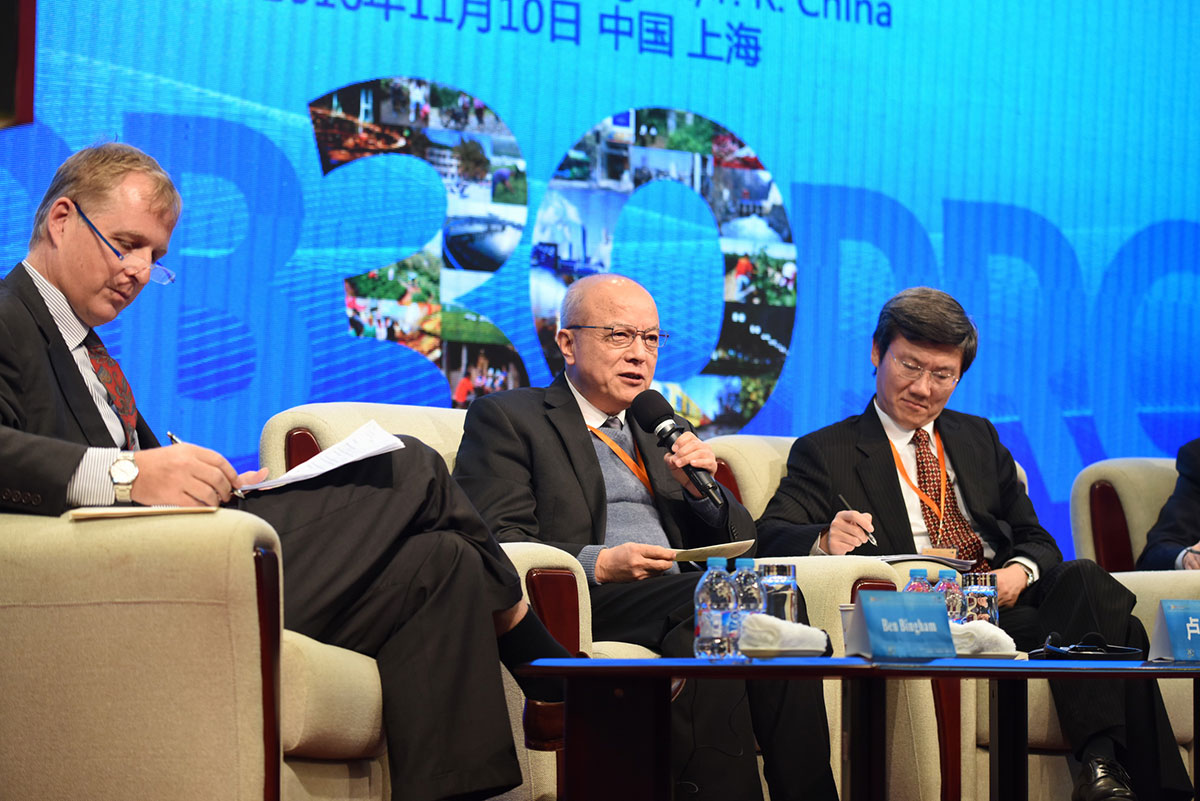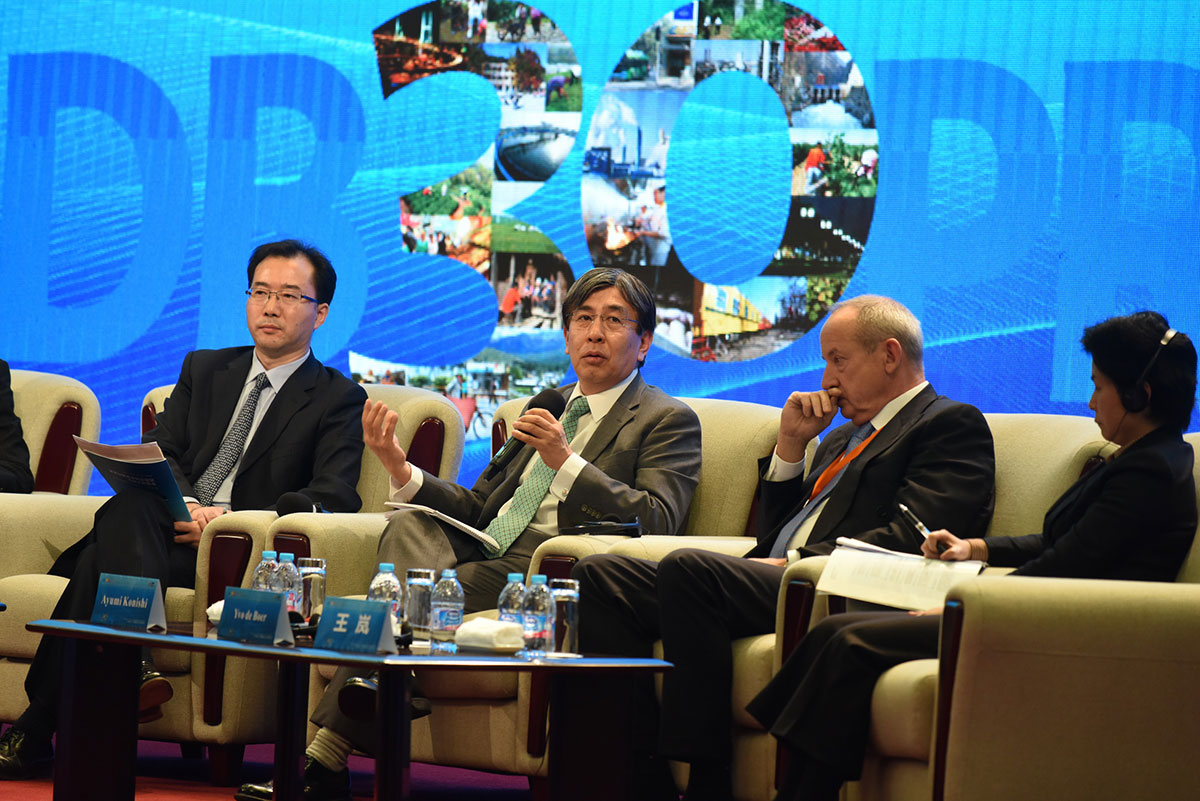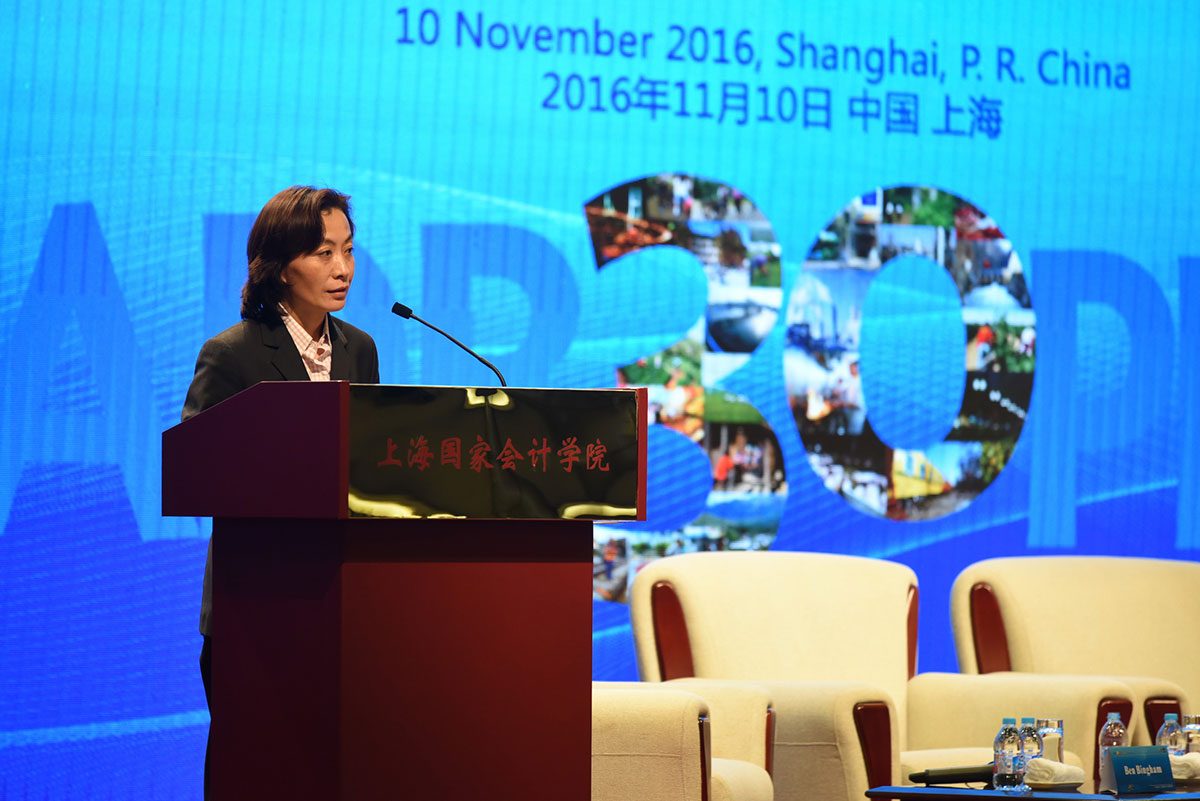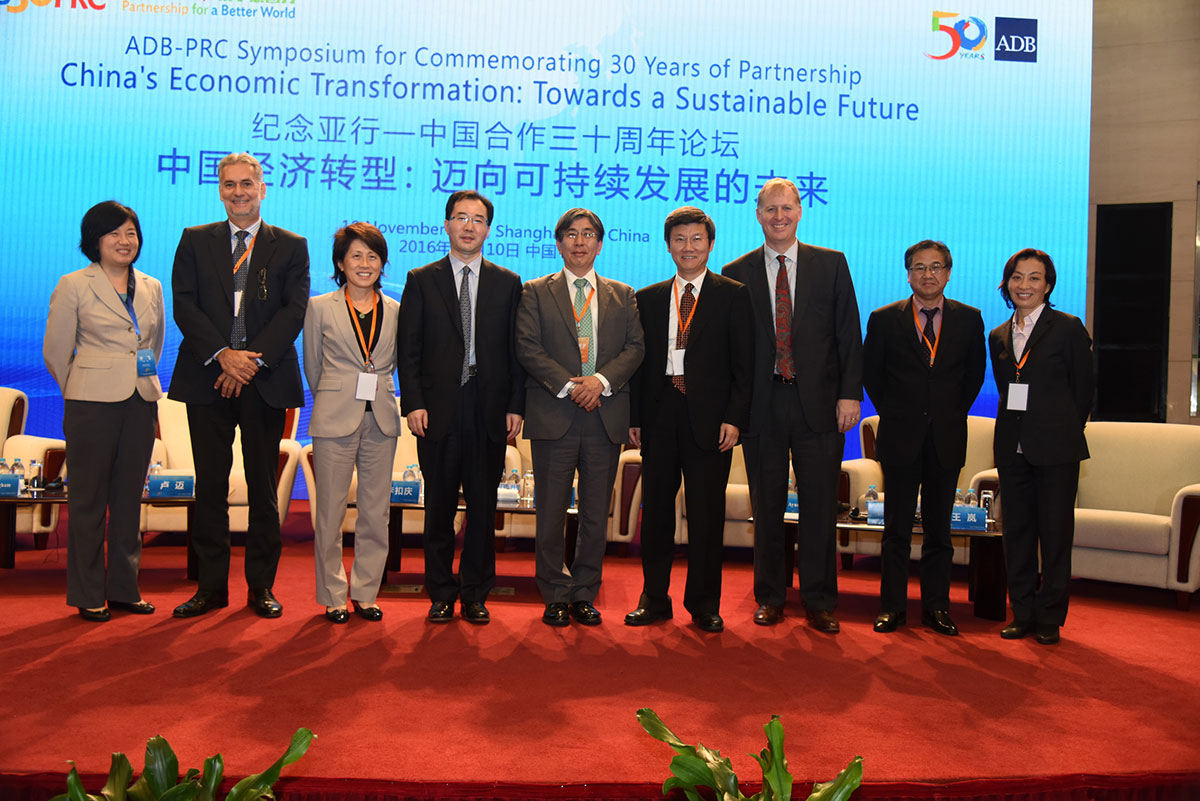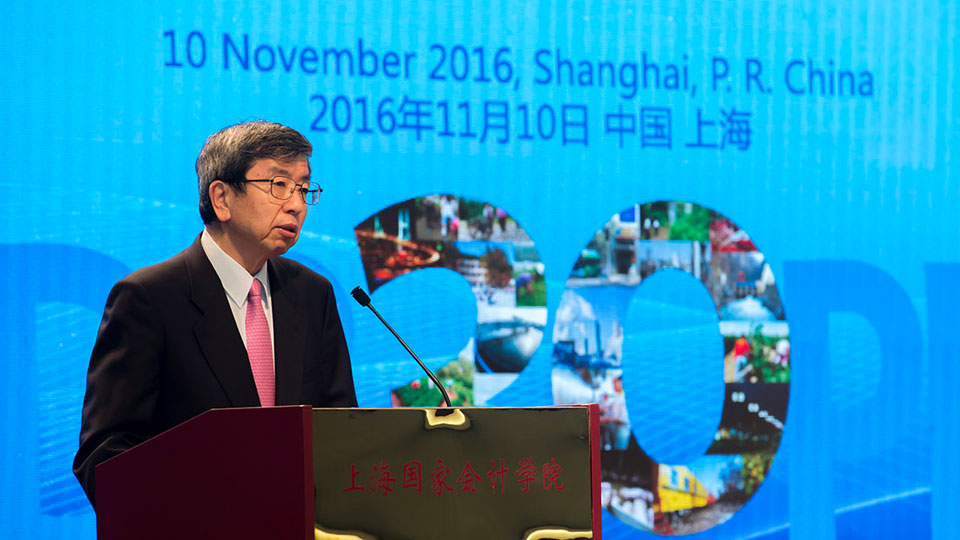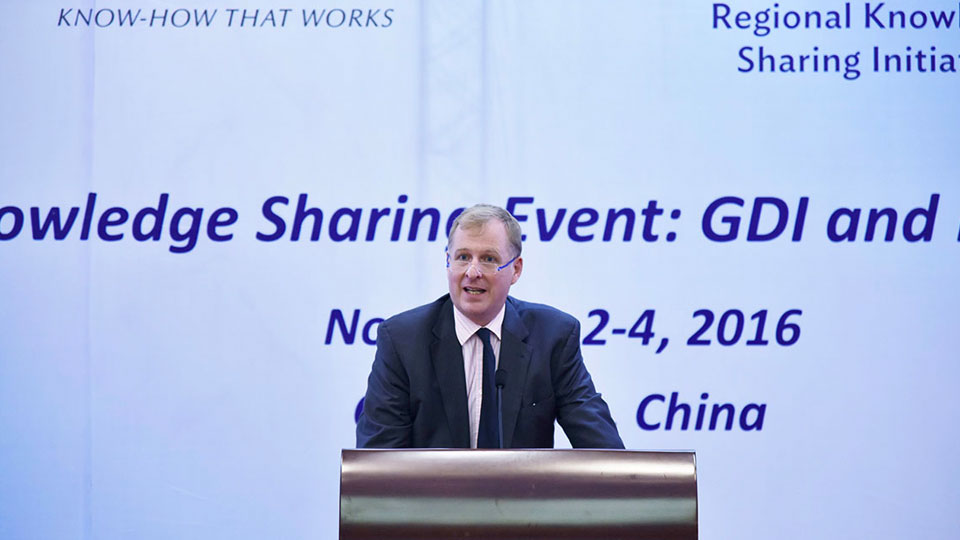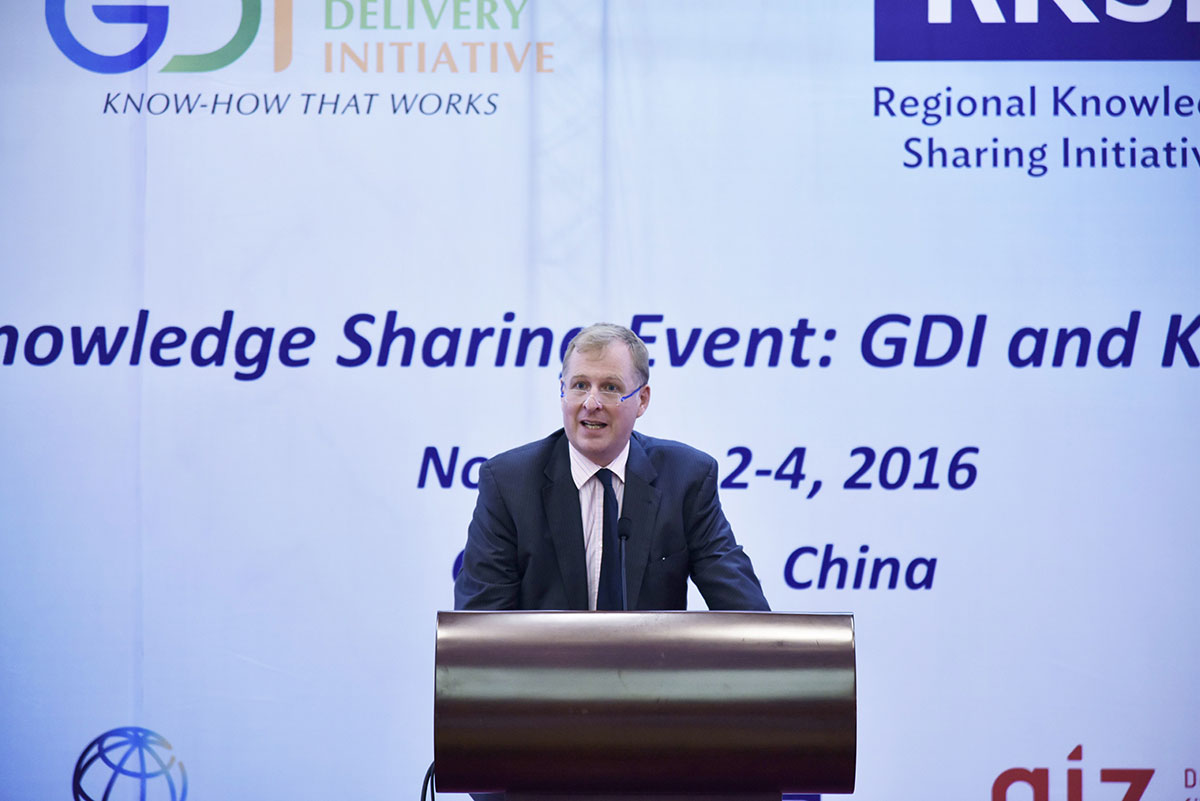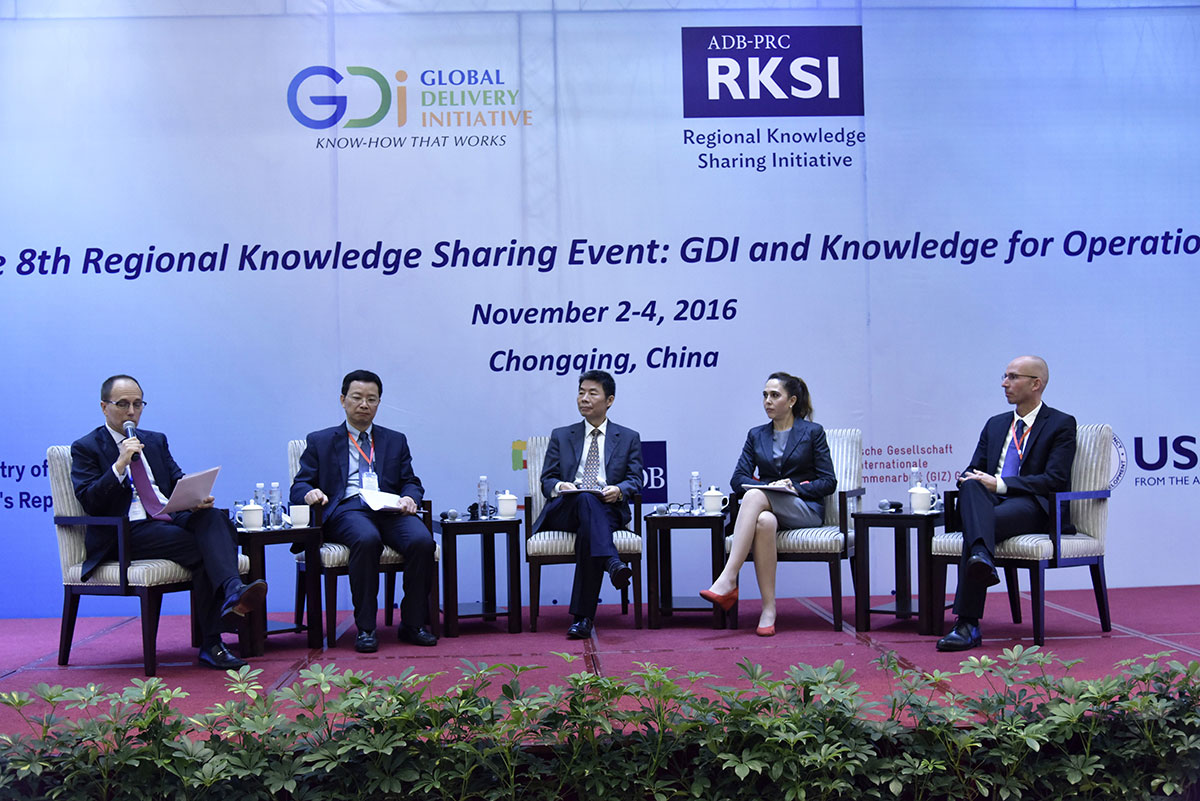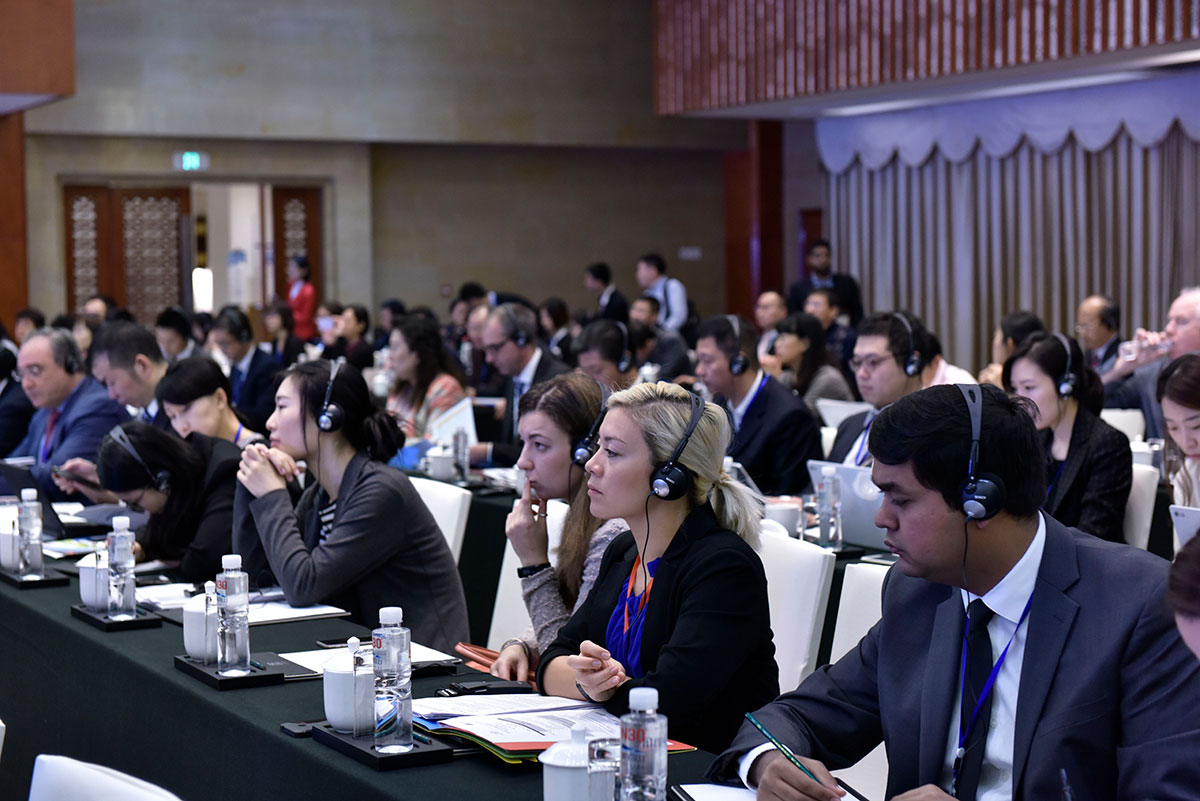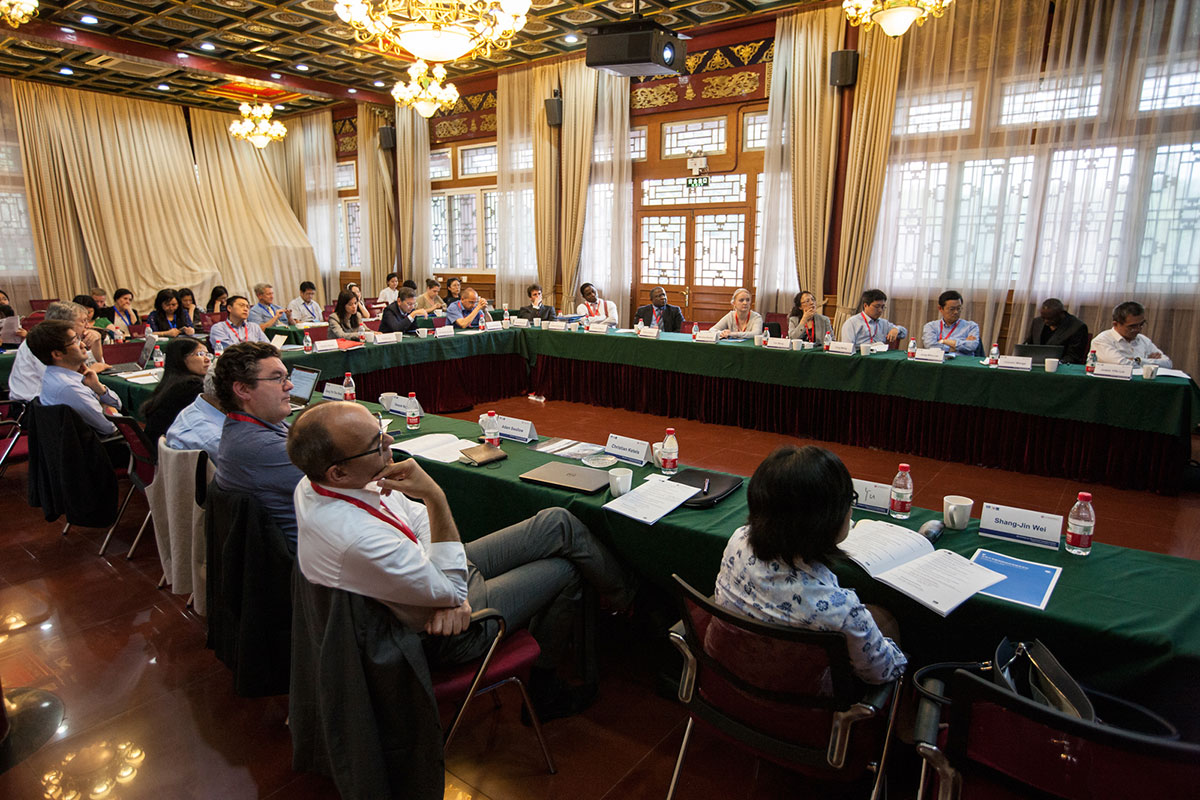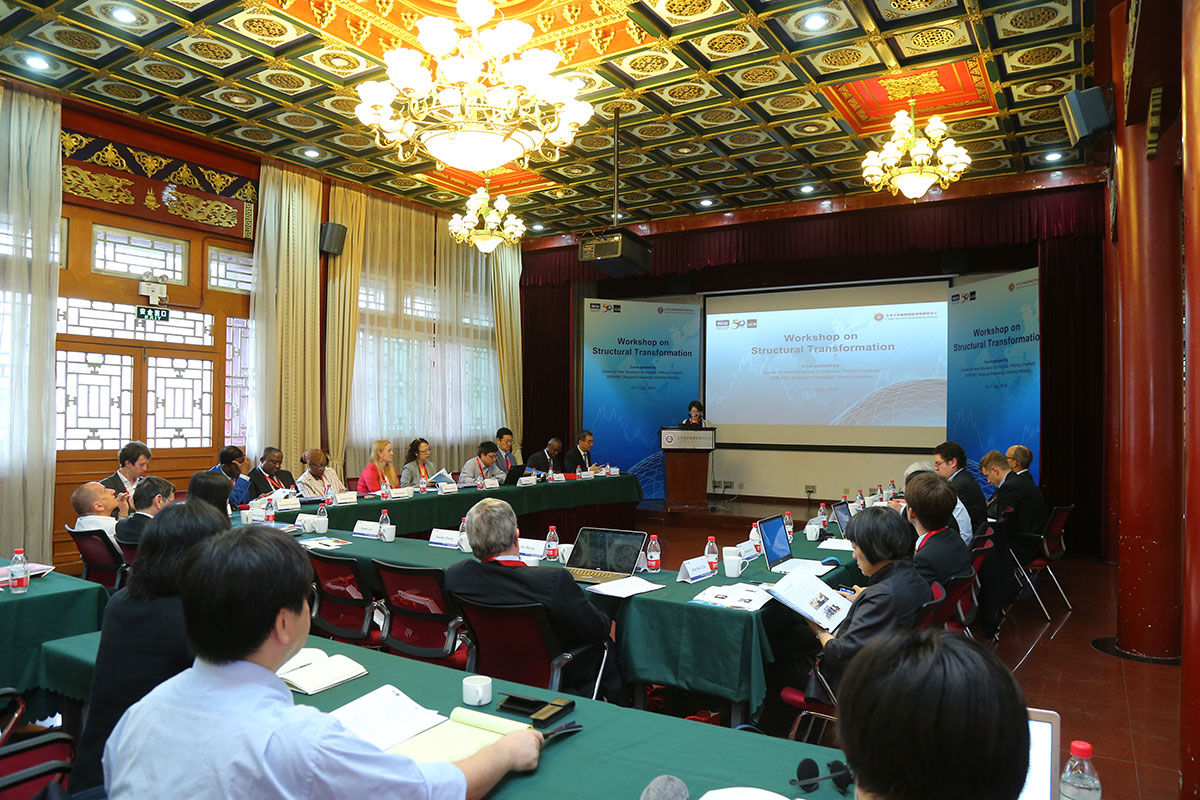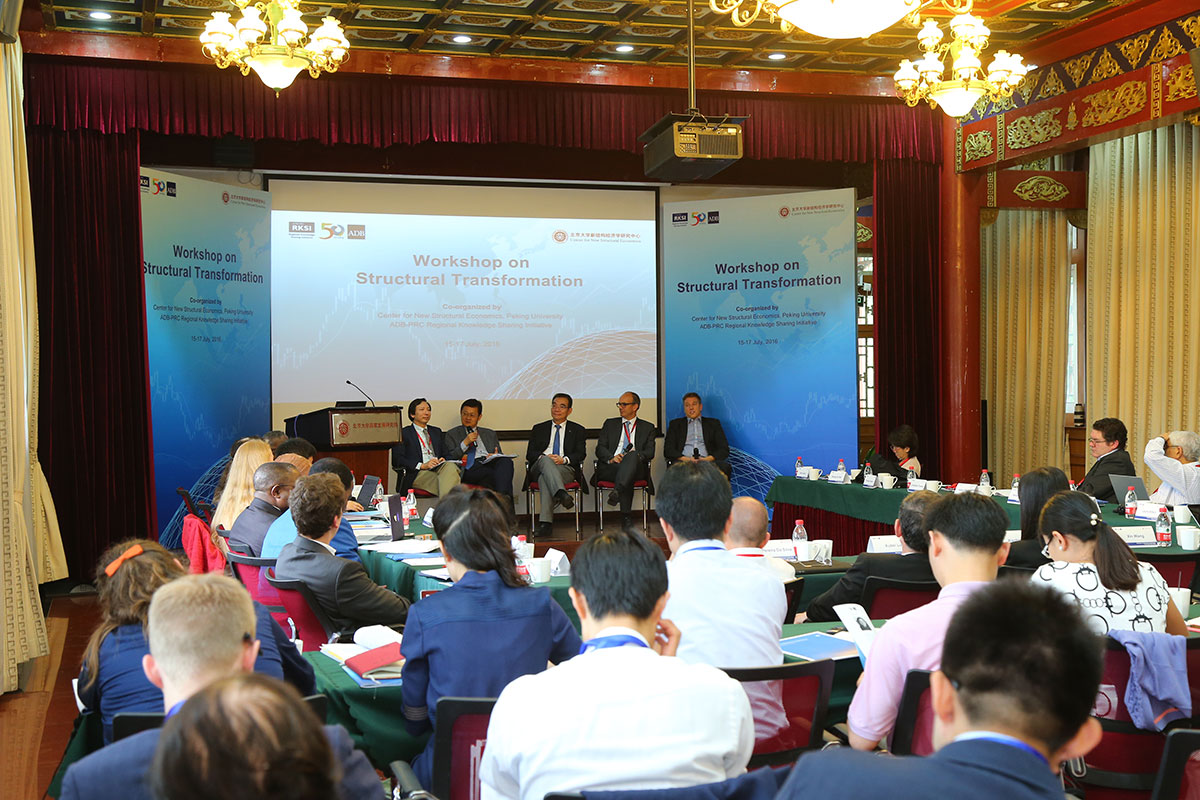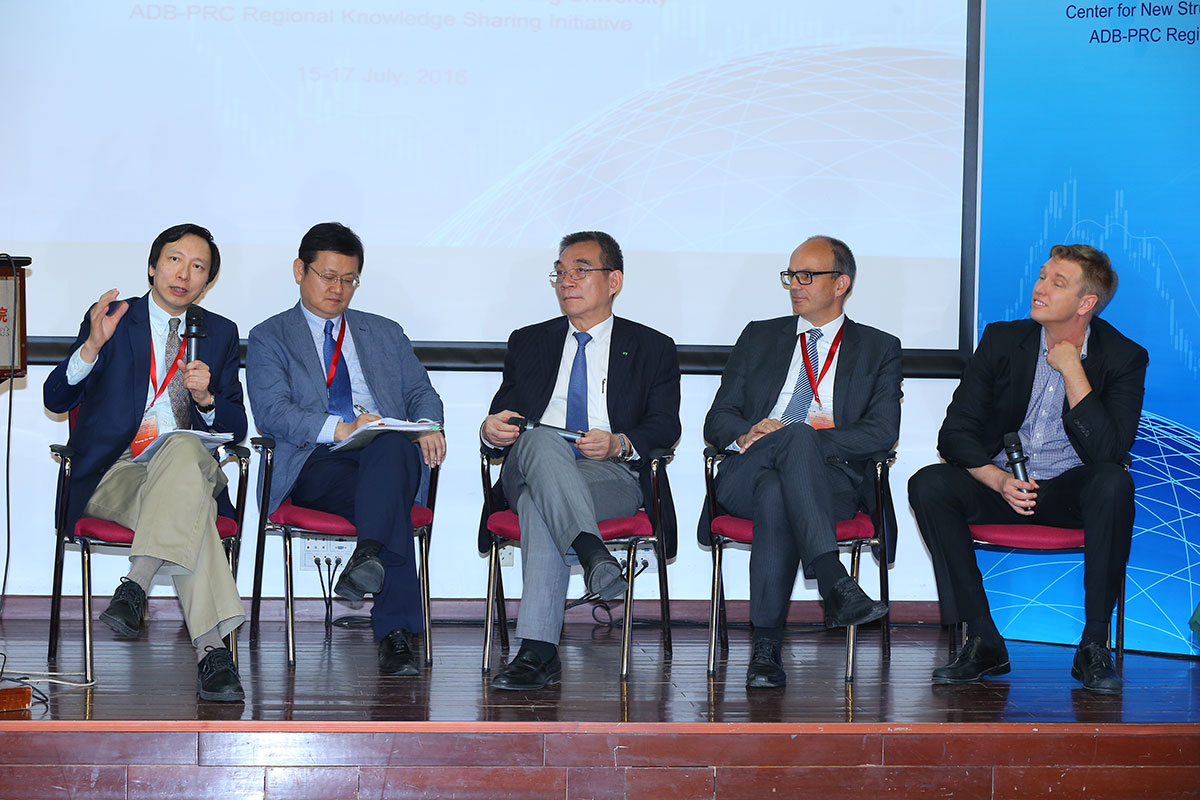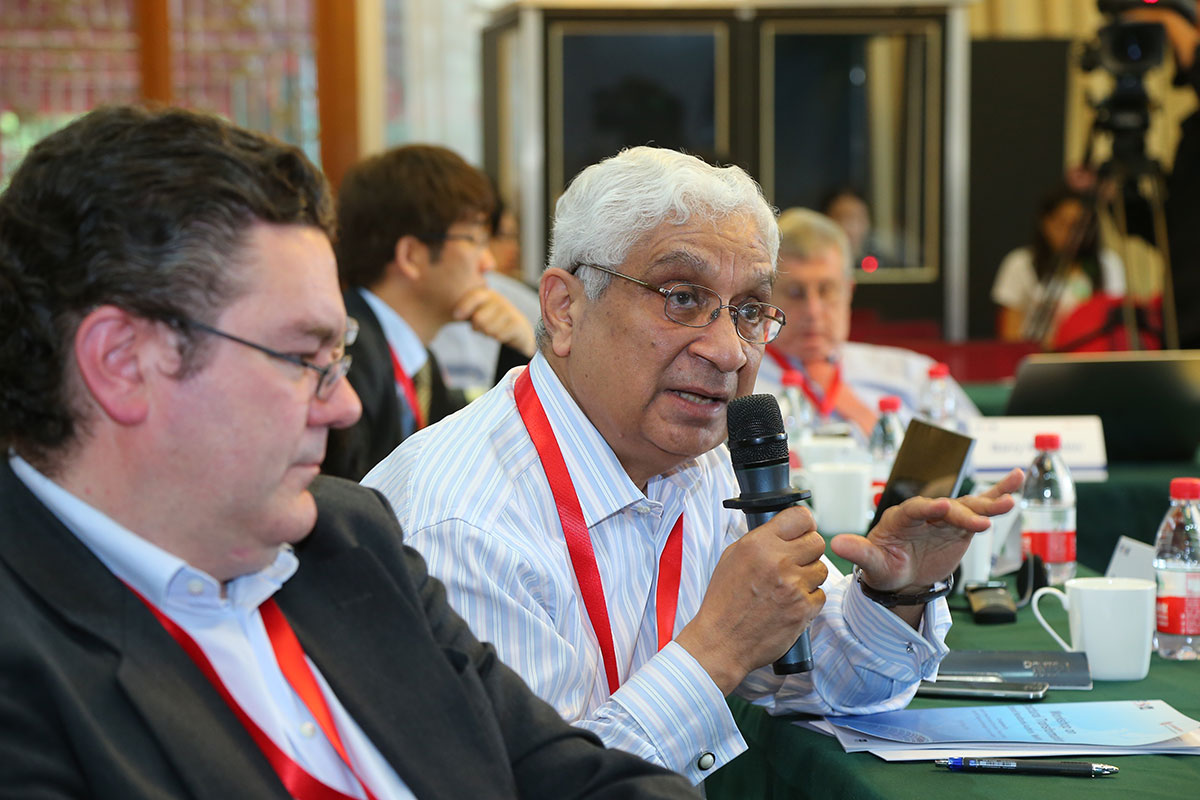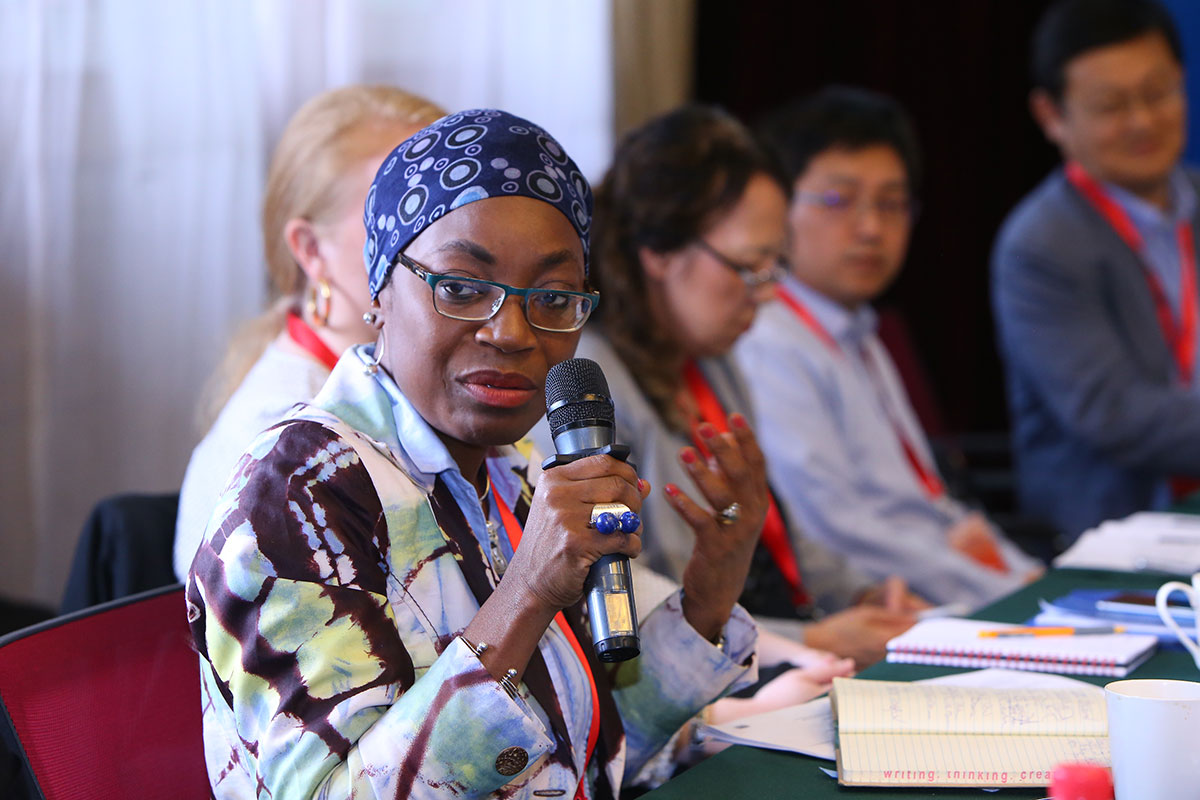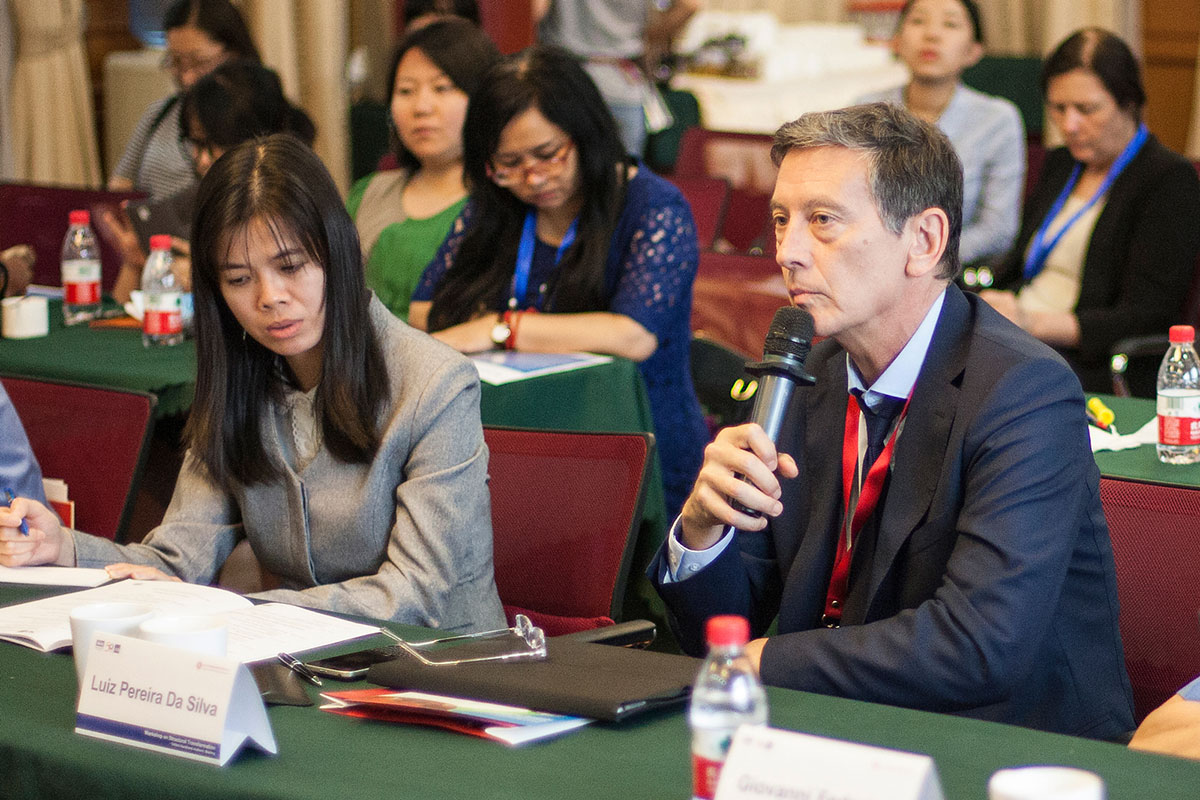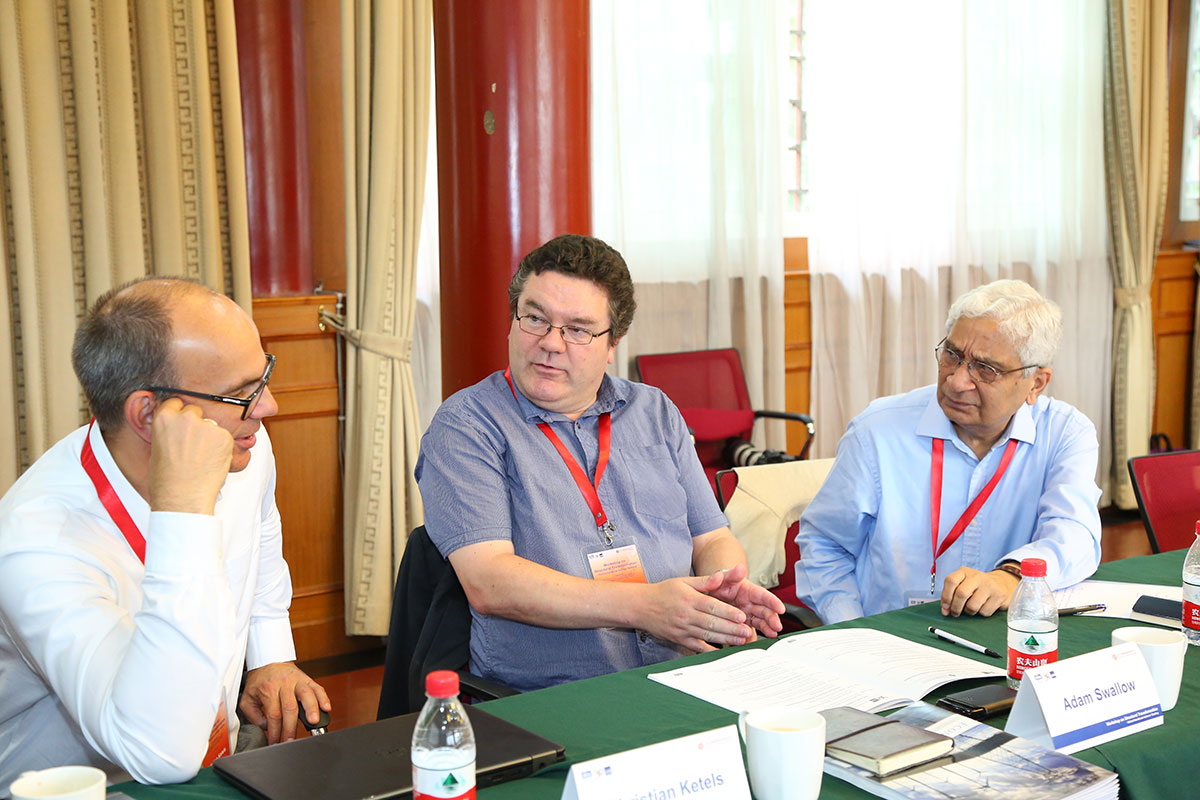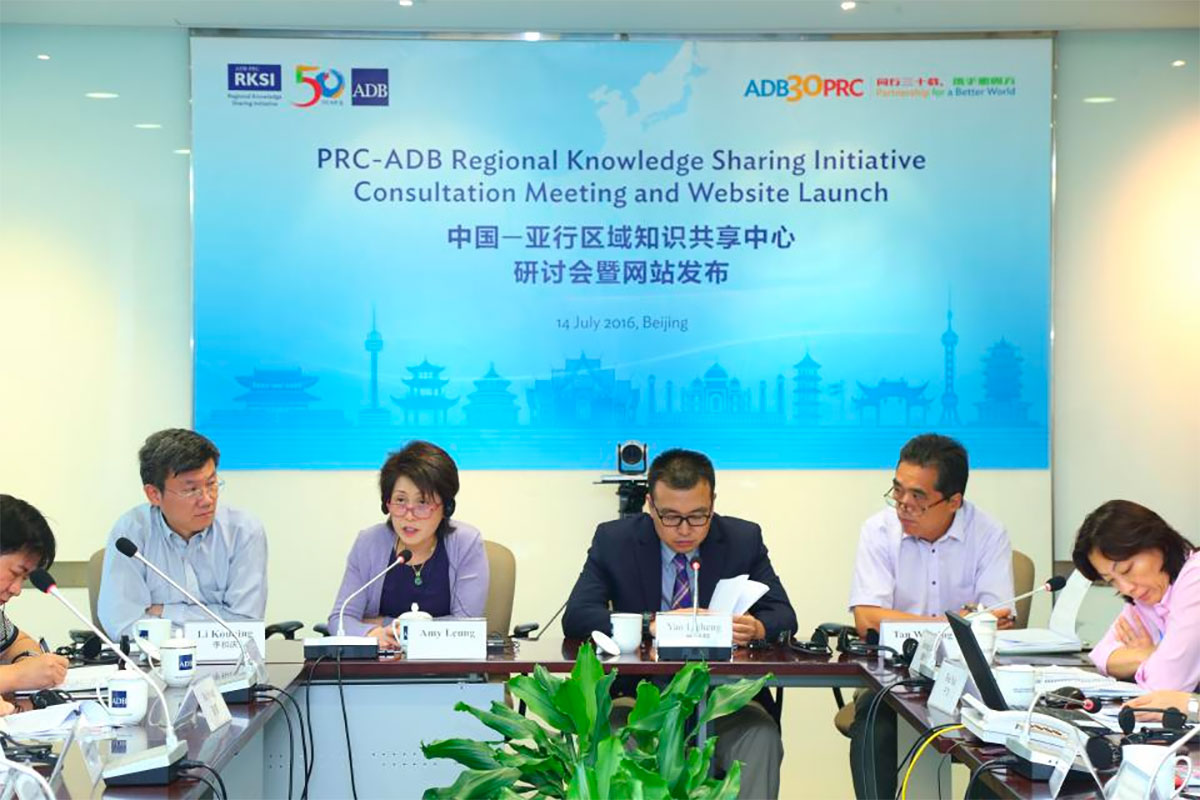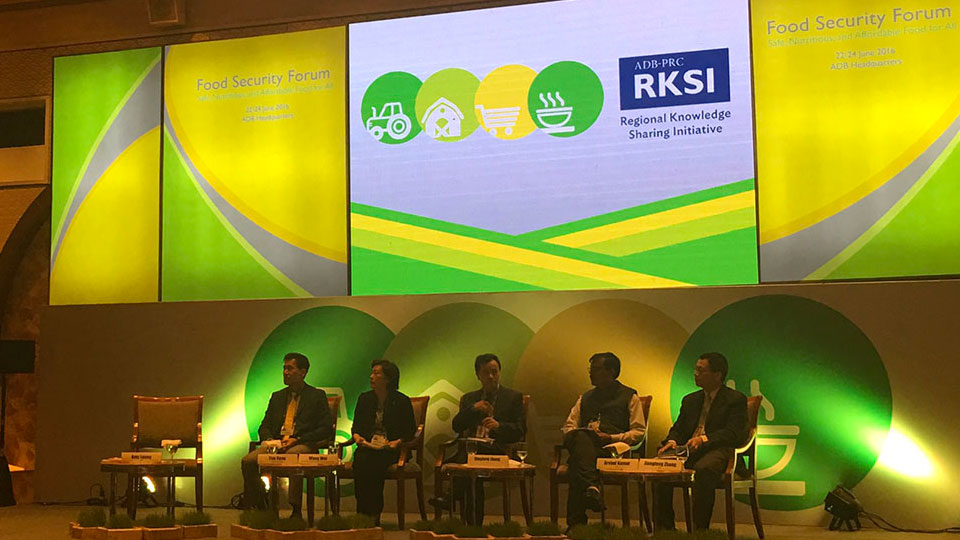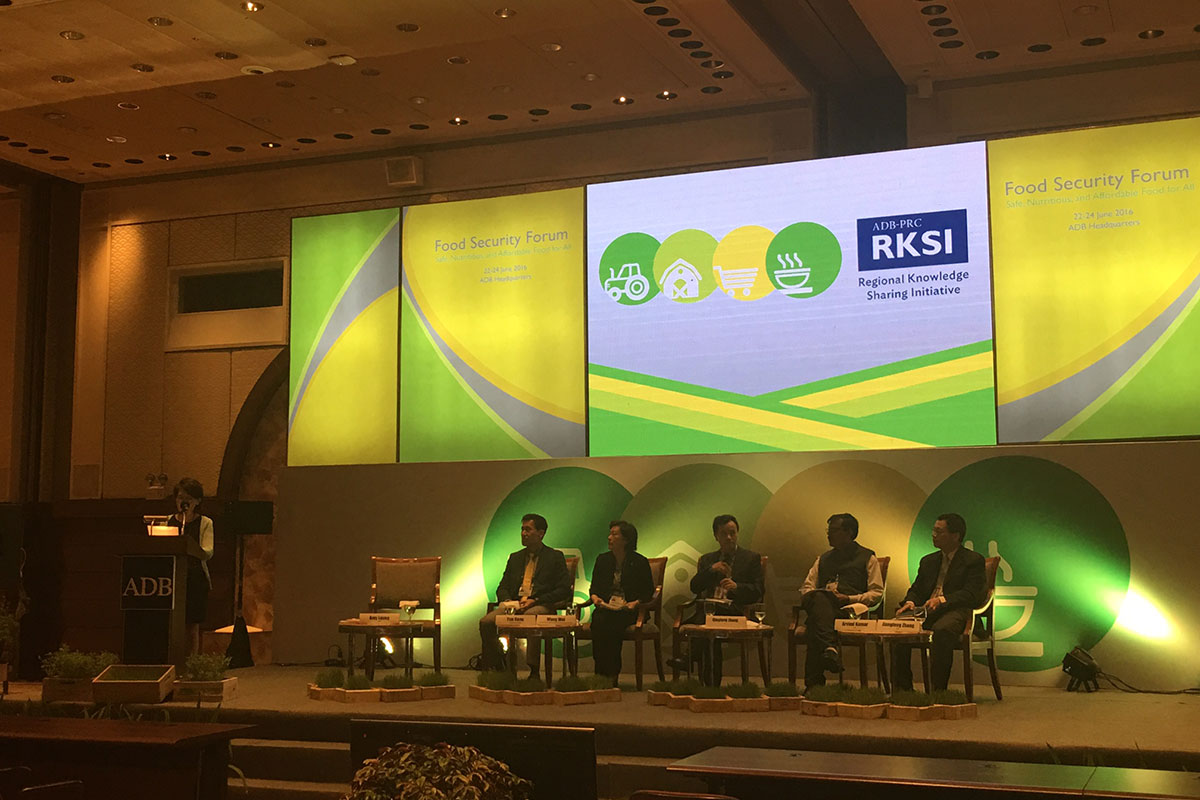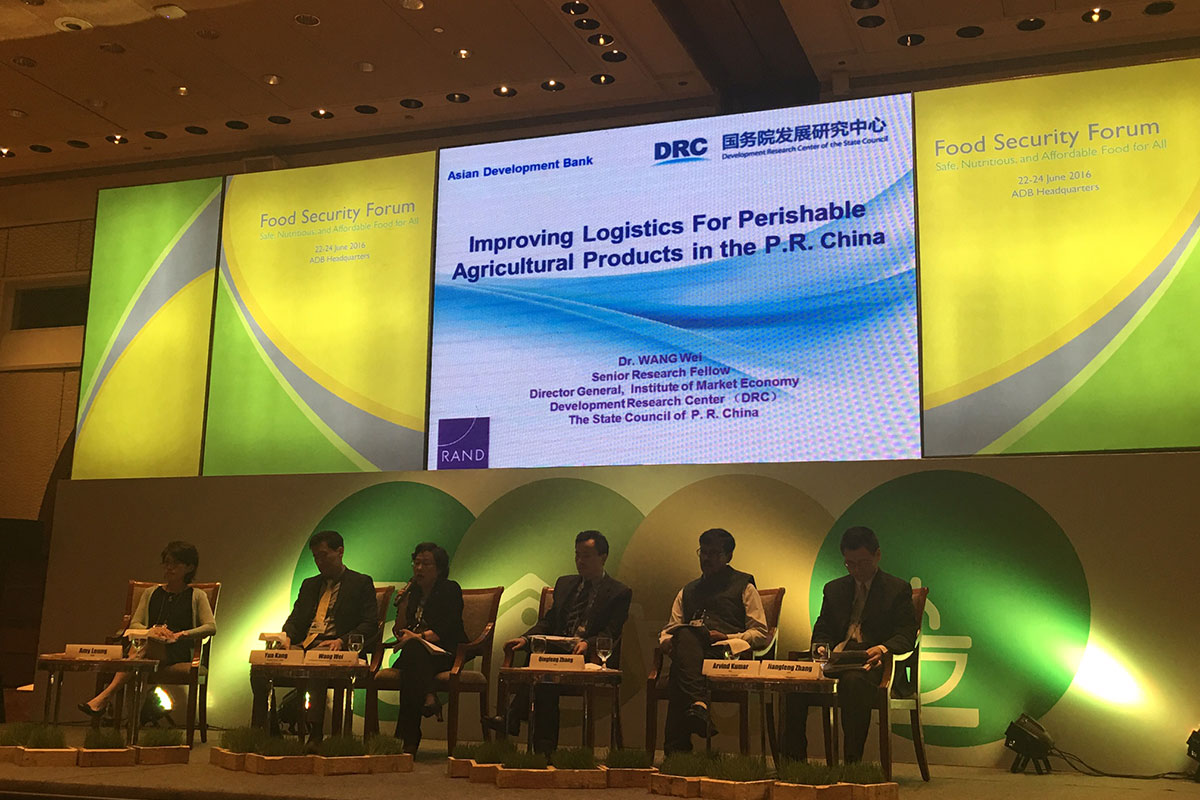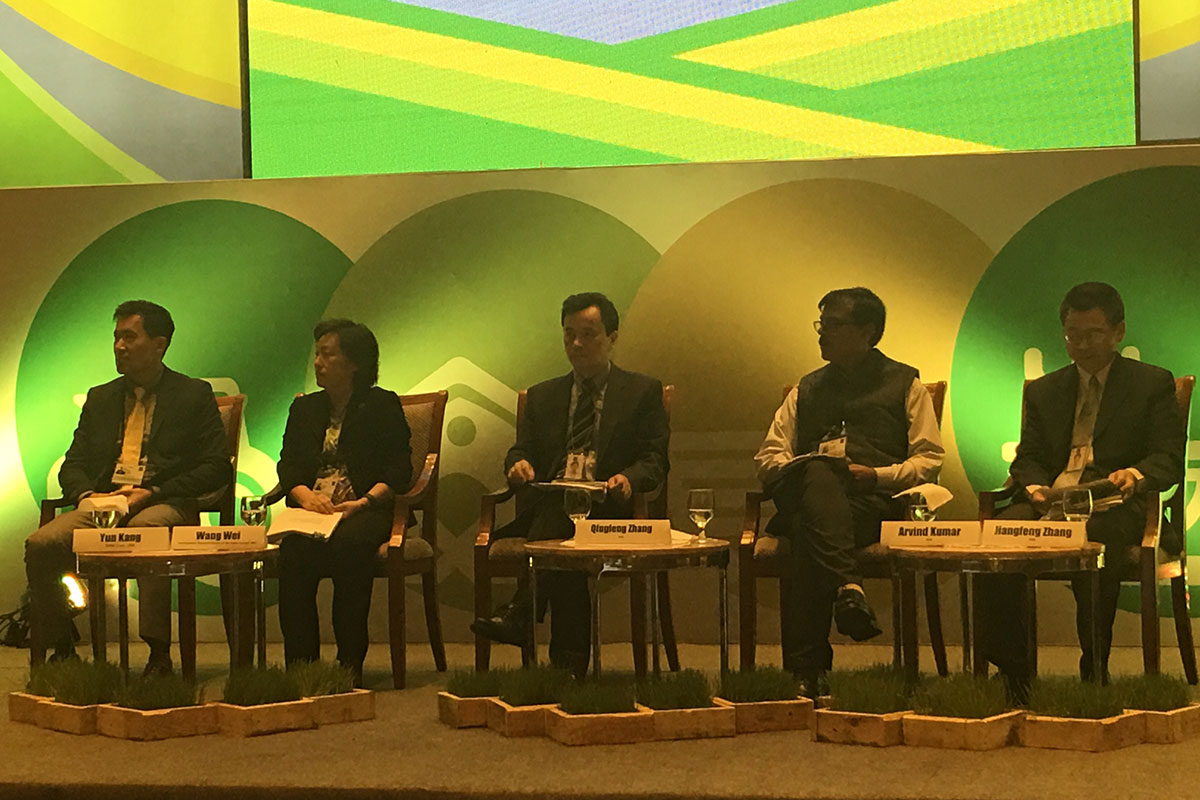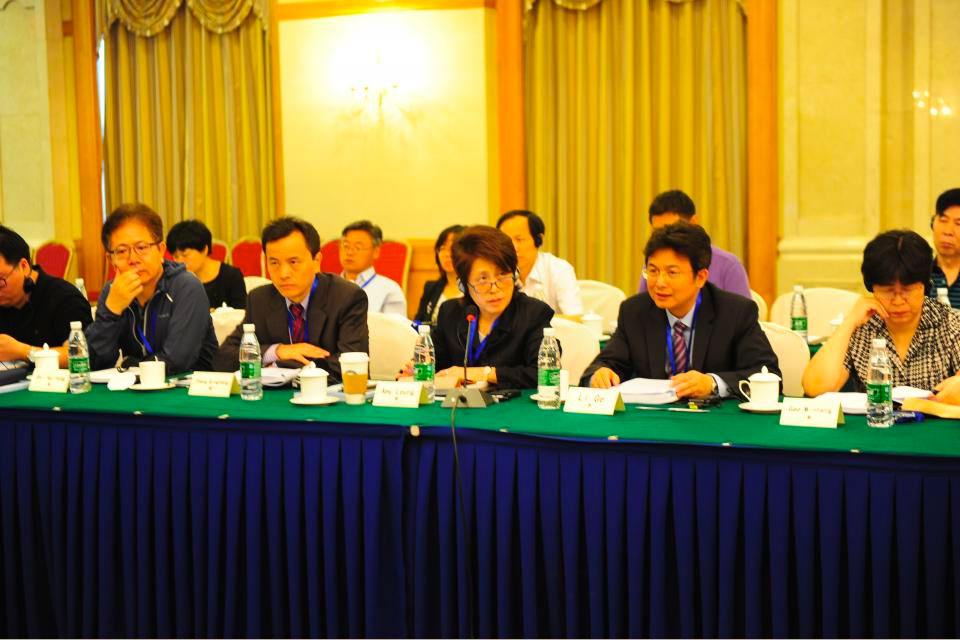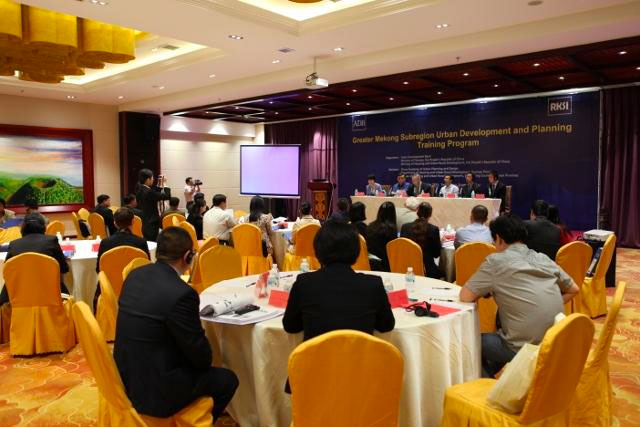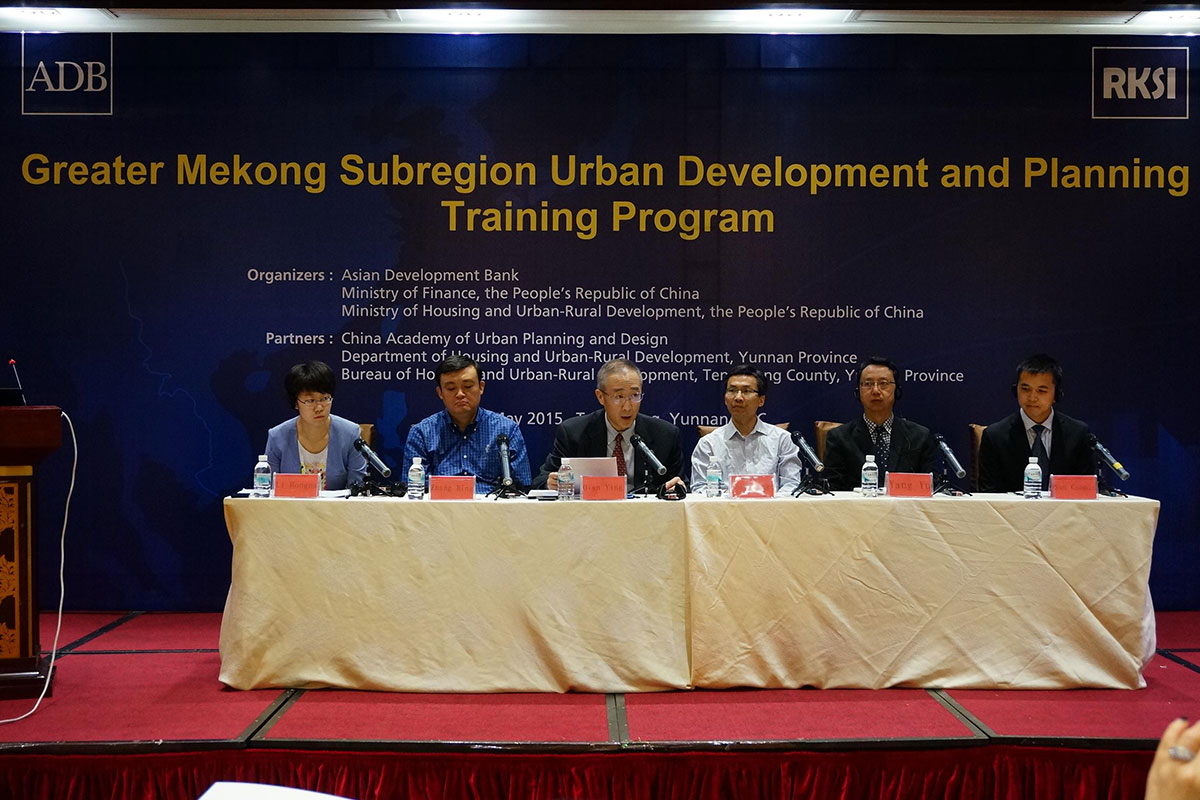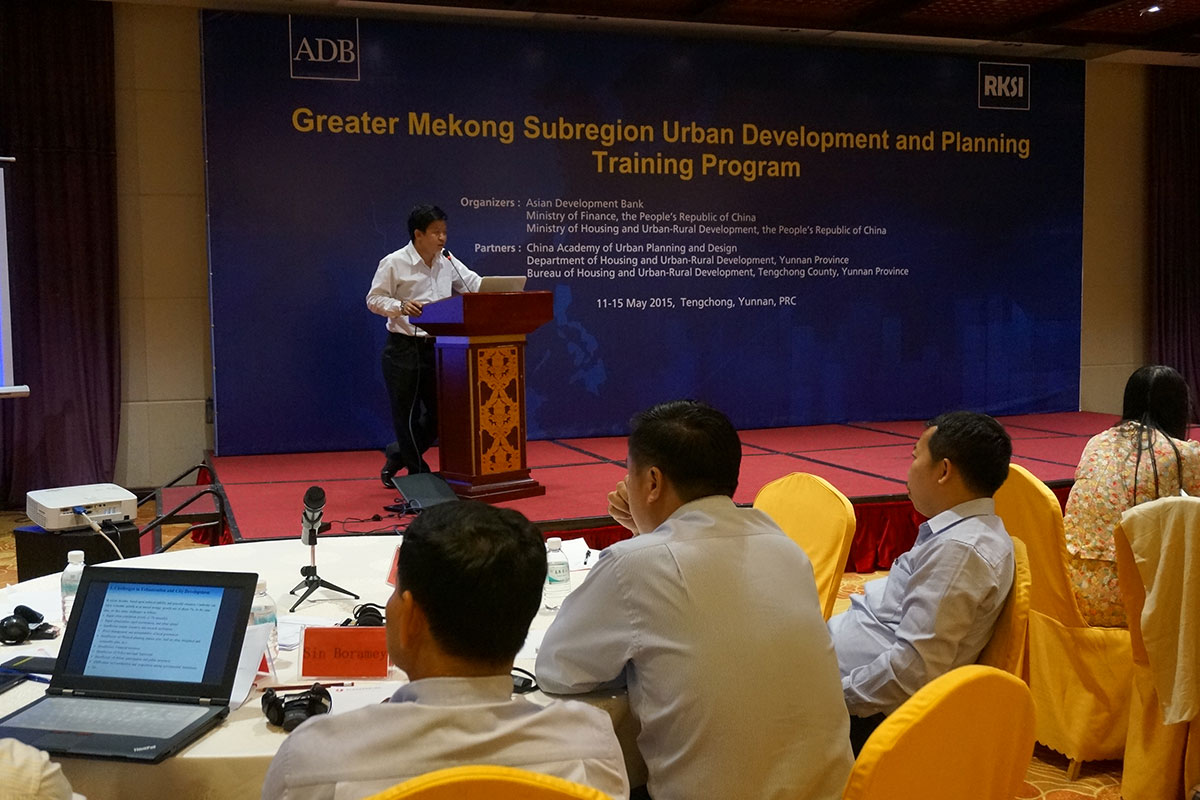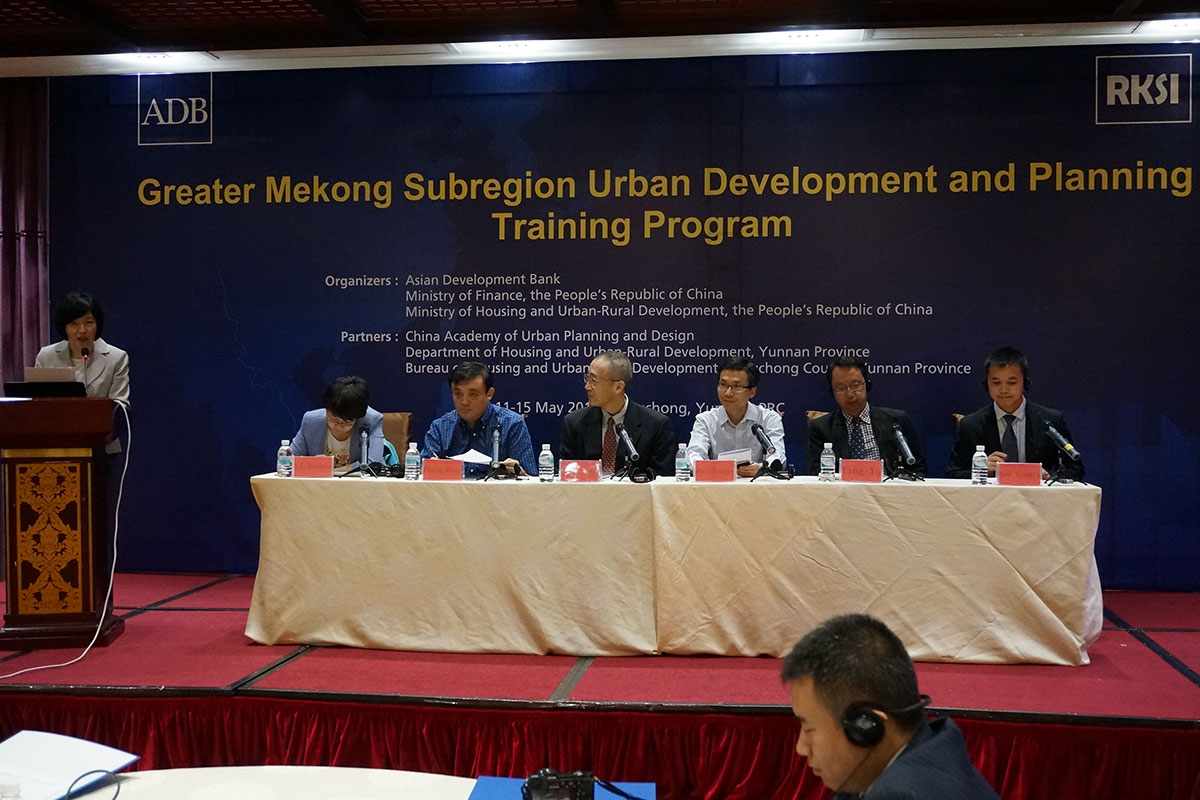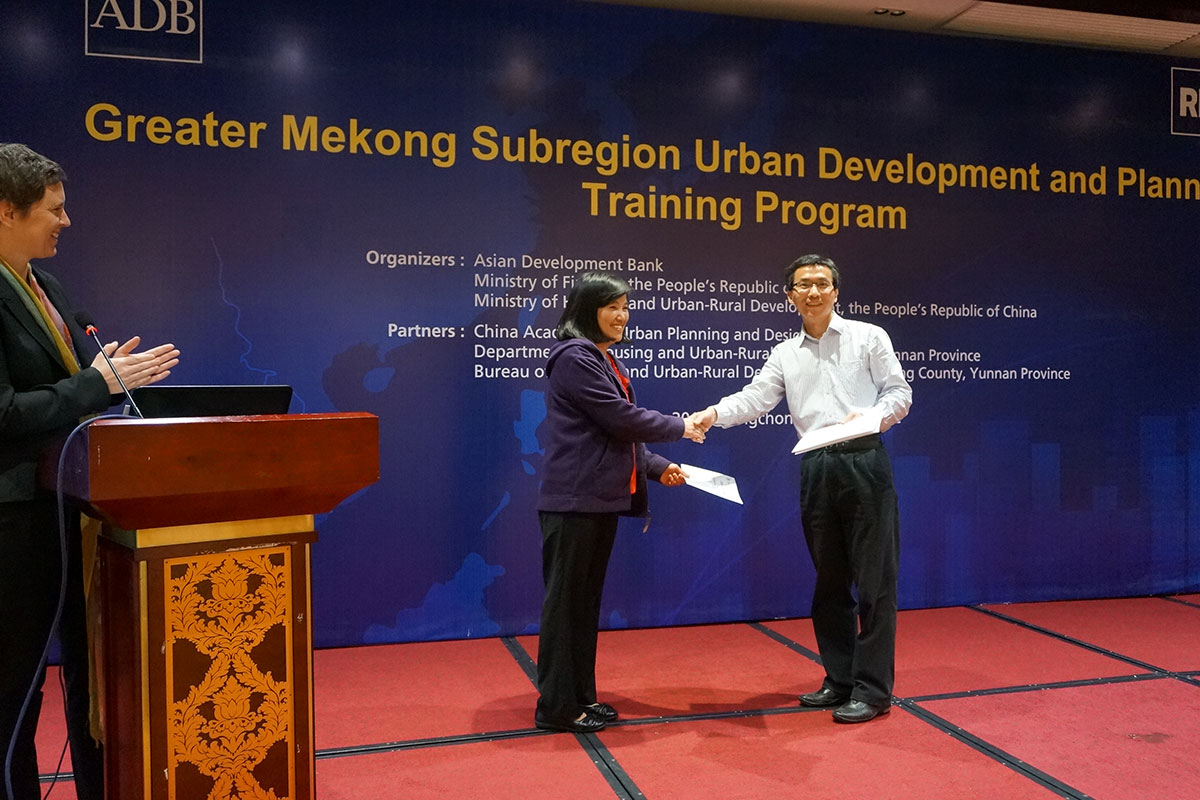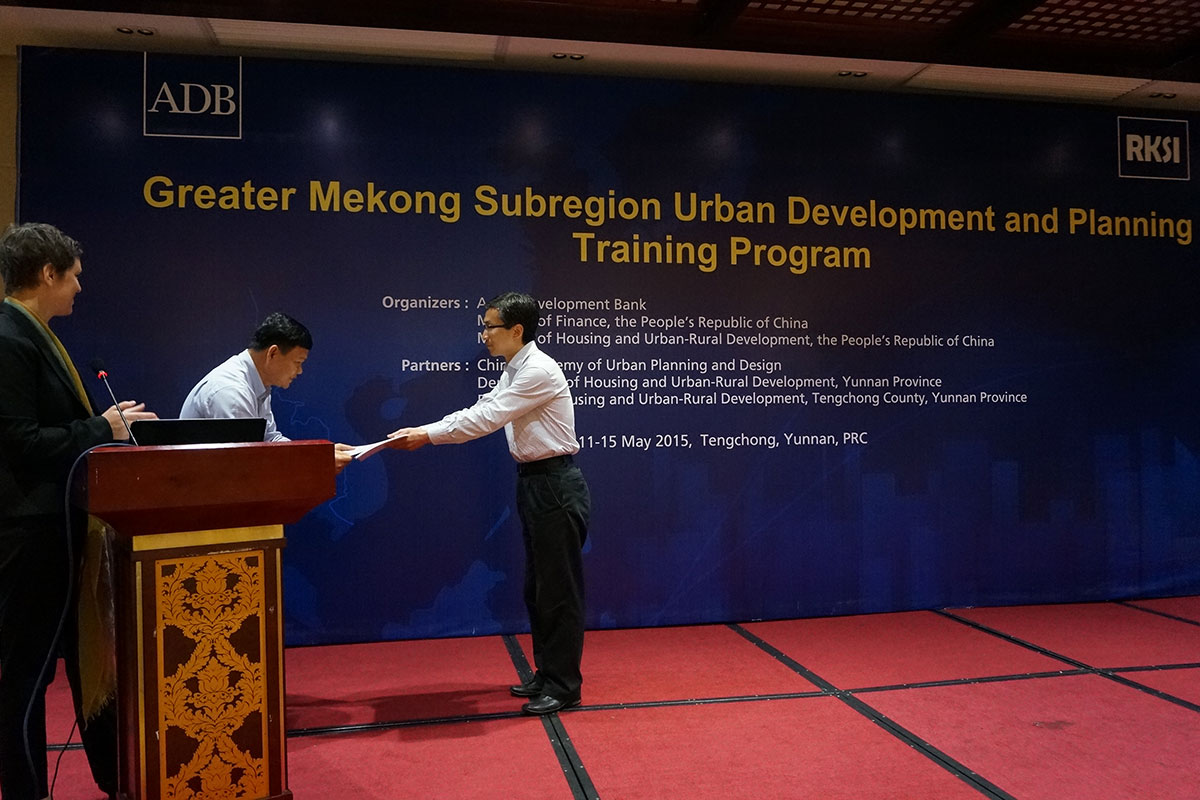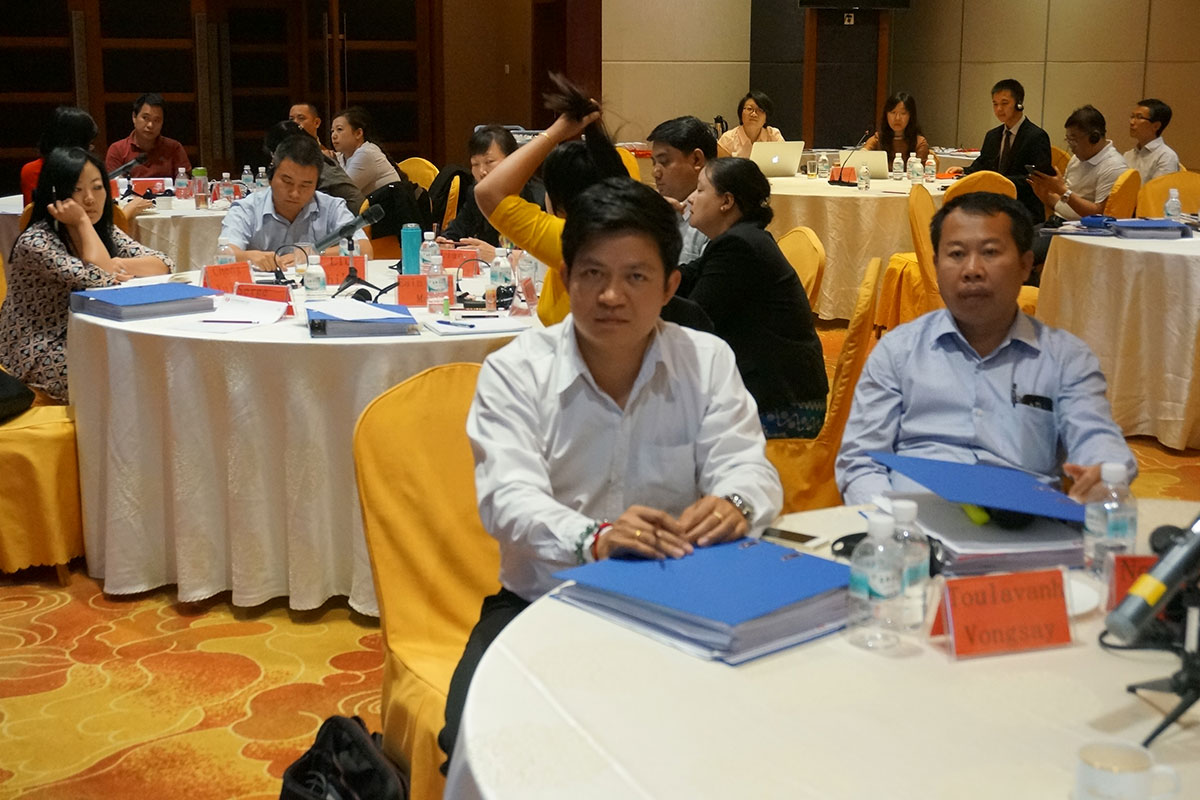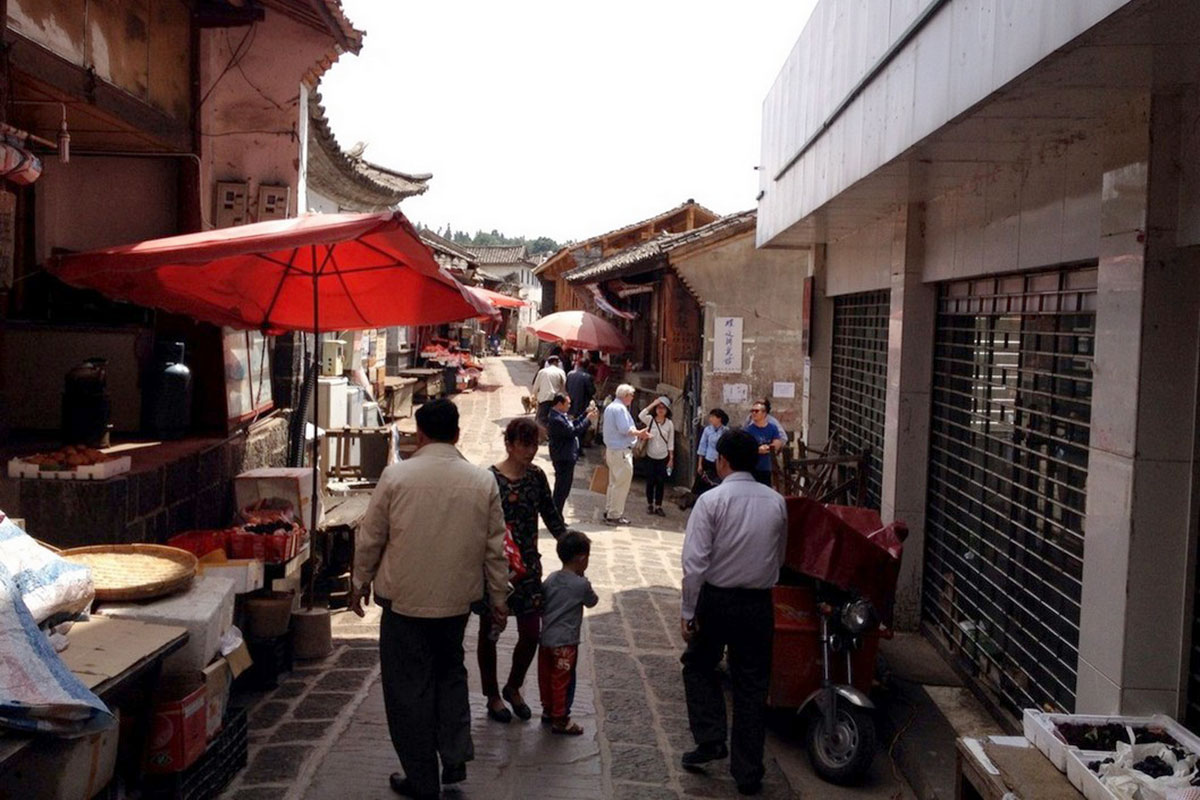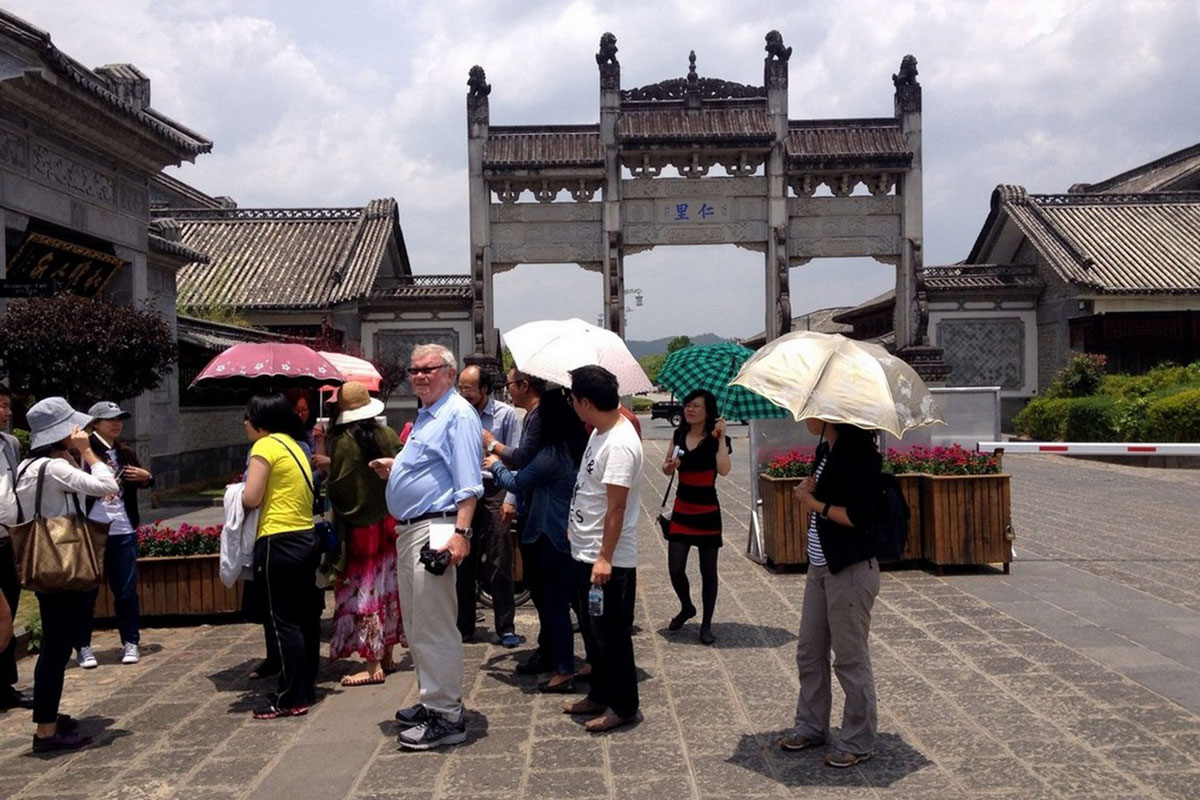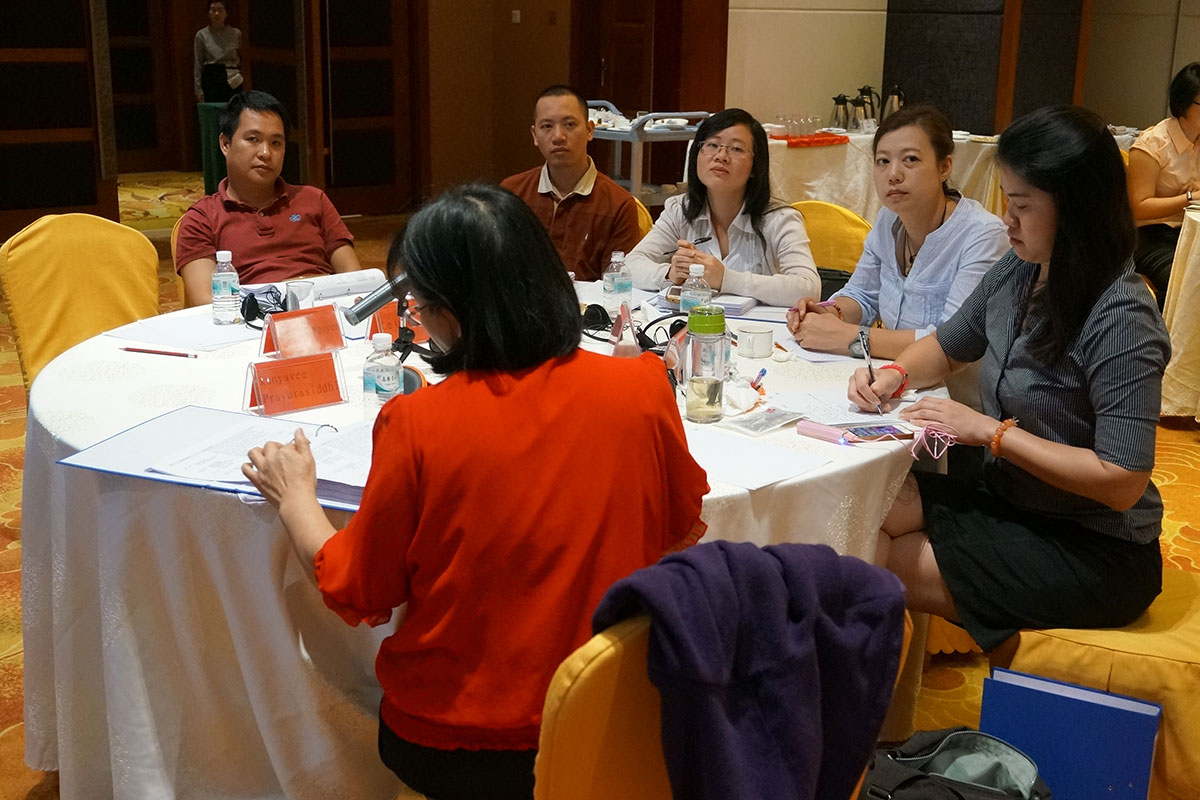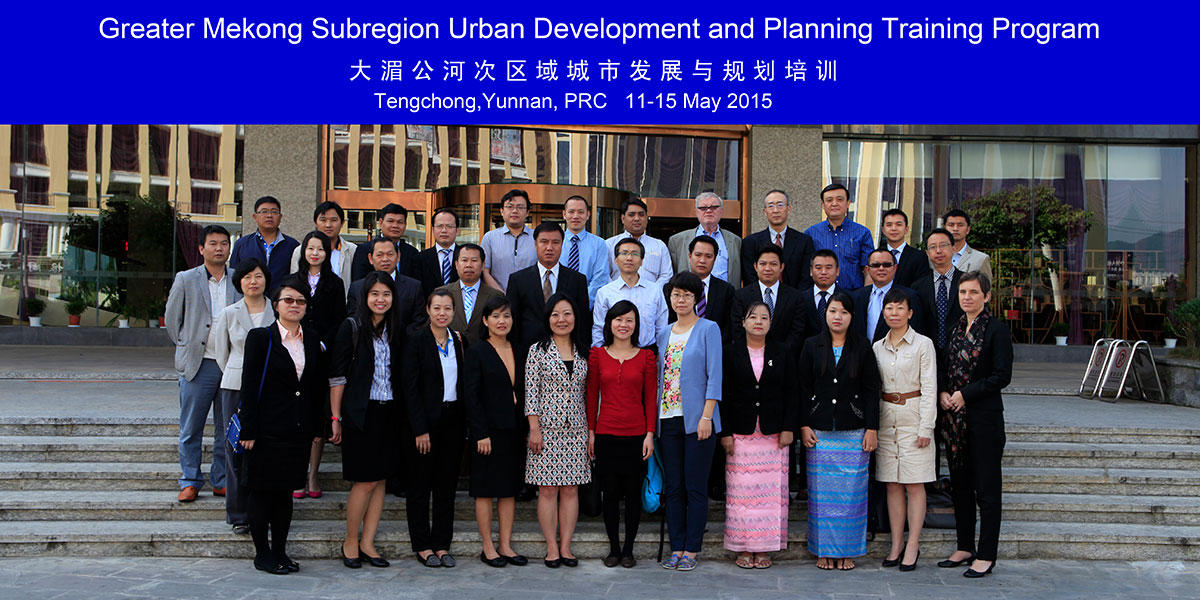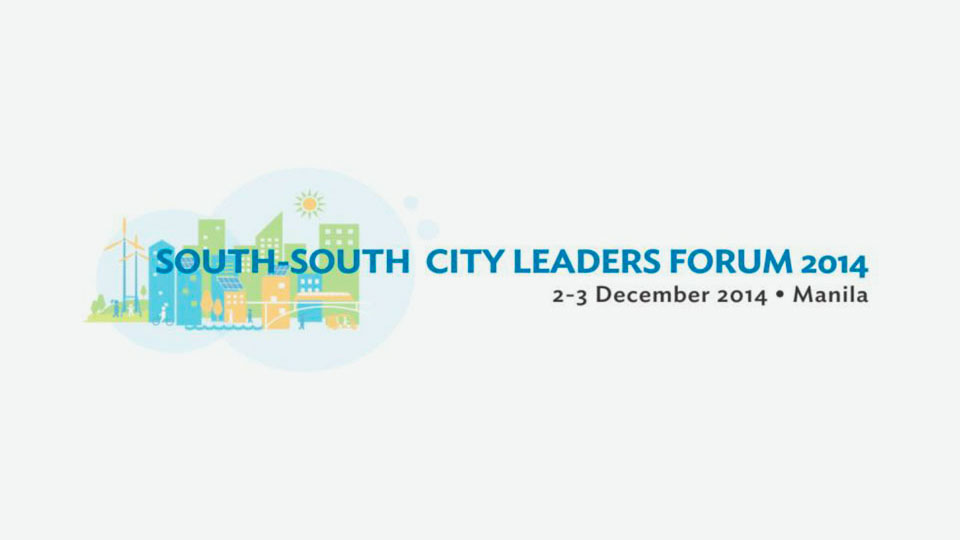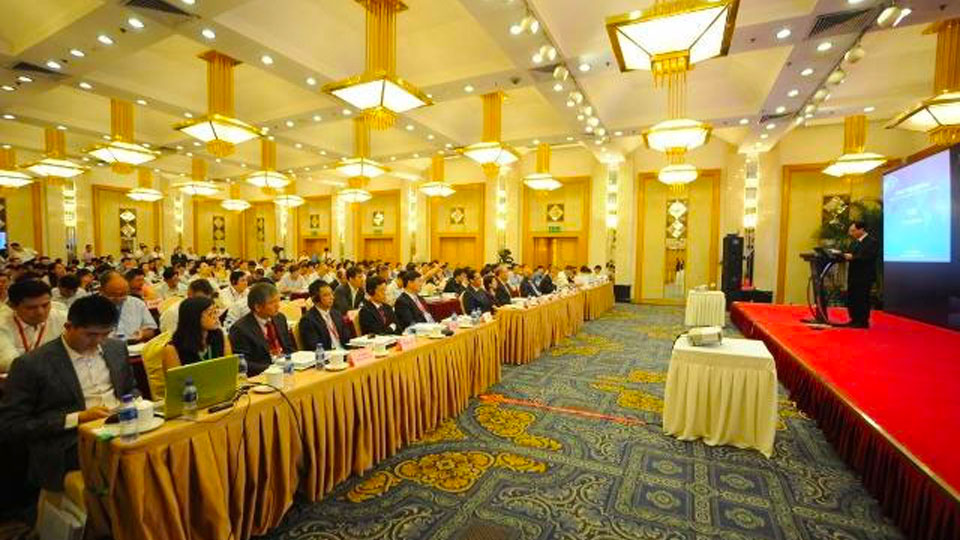| 8:30–9:00 | Registration |
| Session I: Opening Session
Chair: Ms. Wu Nongdi, Director, Department of International Cooperation, Science and Technology (DICST), MWR |
| 9:00–9:20 | Welcome remarks (20 mins)
- Mr. Li Ge, Deputy General Director, DICST, MWR
- Ms. Amy Leung, Deputy Director General, EARD, ADB
|
| Session II: Country Water Assessment, PRC
Moderator: Mr. Zhang Qingfeng, Director, Environment, Natural Resources and Agriculture Division, EARD and Chair of Water Sector Committee, ADB |
| 9:20–10:10 | Outputs of the CWA
Presentations (30 mins)
Mr. Li Yuanyuan, Water Resources Policy Specialist/Team Leader, Vice President, GIWP
Mr. Daniel Gunaratnam, Water Resources Management Specialist/Deputy Team Leader
Panel discussion
Mr. Yin Chengjie, Ex-Executive Vice Minister, Ministry of Agriculture
Mr. Ning Yuan, Ex-Vice President, Office of the State Council of the South-to-North Water Diversion Project Construction Committee
Mr. Zhou Yaozhou, Senior Water Resources Specialist, EARD, ADB
|
| 10:10–10:25 | Introducing Asian Water Development Outlook 2016 (10 mins)
Ms. Yasmin Siddiqi, Principal Water Resources Specialist, Sustainable Development and Climate Change Department (SDCC), ADB
Q & A (5 mins) |
| 10:25–10:50 | Group Photo and Coffee Break |
| Session III: Multi Dimensions of CWA (Part 1)
Moderator: Mr. Li Yuanyuan, Water Resources Policy Specialist/Team Leader, Vice President, GIWP |
| 10:50–11:30 | Economic Water Security
Presentation (15 mins)
Ms. Yu Lili, Senior Engineer, GIWP
Panel discussion (25 mins)
Mr. Bruce Flory, Water Resources Economist / Principal Economist in Seattle Public Utilities
Ms. Yasmin Sidiqqi, Principal Water Resources Specialist, SDCC, ADB or
Ms. Yu Fei, Senior Economist, EARD, ADB
Ms. Liu Yingqiu, Professor, Academy of Macroeconomic, NDRC
Mr. Zhang Guoliang, Ex-President, Bureau of South to North Water Transfer of Planning, Time Contents Designing and Management, MWR |
| 11:30–12:10 | Environmental Water Security
Presentation (15 mins)
Mr. Zhao Xuetao, Director, Chinese Academy for Environmental Planning (CAEP), Ministry of Environment Protection (MEP)
Mr. Philippe Bergeron, Urban Development Specialist
Panel discussion (25 mins)
Mr. Frank Radstake, Principal Environment Specialist, EARD, ADB
Mr. Gu Hao, Ex-Director General, General Office, MWR |
| 12:10–13:30 | Lunch Break (Cetenary Coffee Lounge, 1st Floor) |
| Session III: Multi Dimensions of CWA (Part 2)
Moderator: Mr. Daniel Gunaratnam, Water Resources Management Specialist/Deputy Team Leader |
| 13:30–14:10 | Urban Water Security
Presentation (15 mins)
Mr. Philippe Bergeron, Urban Development Specialist
Ms. Mo Li, Nat’l Urban Water Supply and Demand Management Specialist / Director, Chinese Academy of Urban Planning and Design, Ministry of Housing and Urban-Rural Development (MHURD)
Panel discussion (25 mins)
Ms. Kong Yanhong, Vice President, CAUPD, MHURD
Mr. Zheng Baochang, Senior Project Officer (Water Supply and Sanitation), PRC Resident Mission, ADB
Mr. Xia Qing, Ex-Vice President, Chinese Research Academy of Environmental Science, MEP |
| 14:10–14:50 | Ecological Water Security
Presentation (15 mins)
Mr. Yuan Yong, Senior Engineer, GIWP
Mr. Jose Furtado, Int’l Watershed Ecosystem Management Specialist
Panel discussion (25 mins)
Mr. Alvin Lopez, Senior Natural Resources and Agriculture Specialist, EARD, ADB
Mr. Jin Leshan, Professor, China Agricultural University
Ms. Cui Lijuan, Director, Wetland Protection and Management Center, State Forestry Bureau |
| 14:50–15:30 | Water–Related Disaster
Presentation (15 mins)
Mr. Cao Jianting, Climate Adaptation Specialist / Professor, GIWP
Panel Discussion (25 mins)
Ms. Suzanne Robertson, Natural Resources and Agriculture Specialist, EARD, ADB
Mr. Ren Guangzhao, Ex-Deputy Director General, Department of Water Resources, MWR
Mr. Luo Yong, Professor, Center for Earth System Science, Tsinghua University
Mr. Yoshiaki Kobayashi, Senior Water Resources Specialist, EARD, ADB |
| 15:30–15:45 | Coffee Break |
| Session IV: Multi Dimensions of CWA (Part 3)
Moderator: Mr. Frank Radstake, Principal Environment Specialist, EARD, ADB |
| 15:45–16:35 | Water Governance
Presentation (15 mins)
Mr. Tang Kewang, Water Resources Planning Specialist / Professor, China Institute of Water Resources and Hydropower Research (IWHR)
Debate (35 mins)
“Water governance is a key challenge for our countries” vs. “Water governance in not a key challenge for our countries”.
Participants to break up in to 2 groups, facilitated by Ms. Suzanne Robertson, Natural Resources and Agriculture Specialist, EARD, ADB and Ms. Shahbano Tirmizi, Water Resources Specialist, EARD, ADB.
Debate preparation in two groups (20 mins)
Debate (15 mins) |
| 16:35–17:00 | Open Discussion |
| Session IV: Closing Plenary
Chair: Ms. Wu Nongdi, Director, DICST, MWR |
| 17:30 | Welcome Dinner |
